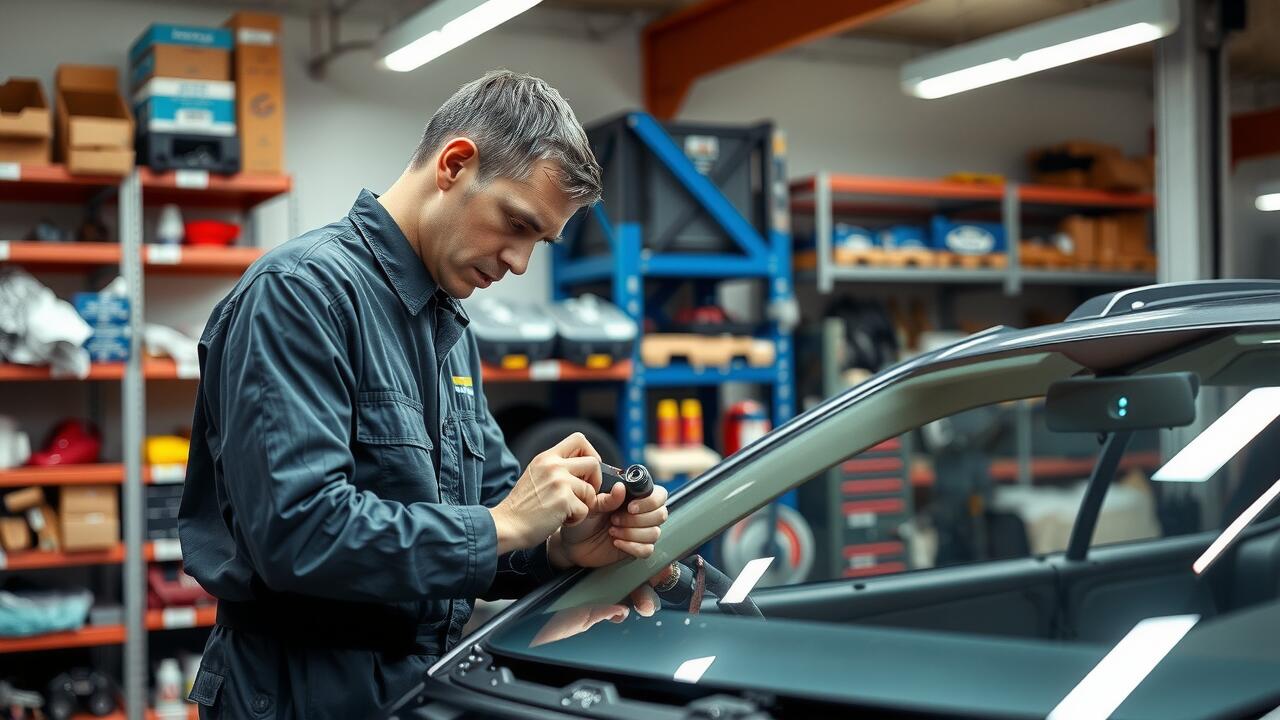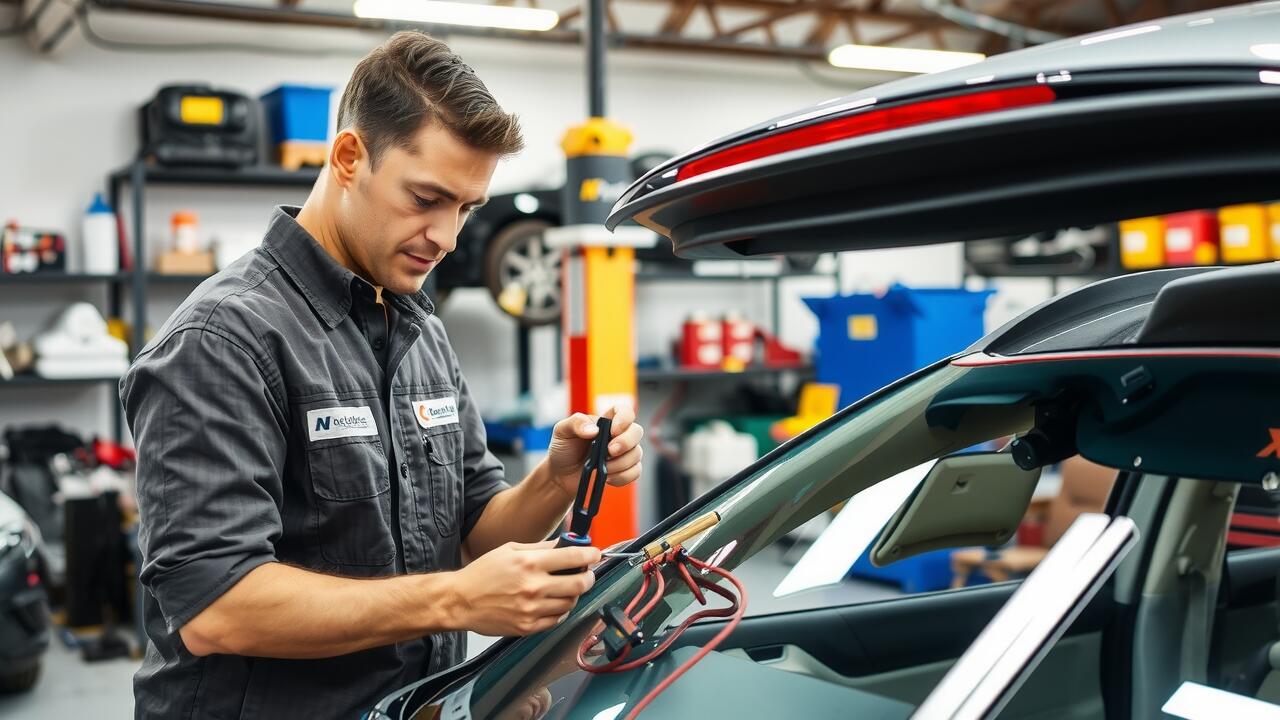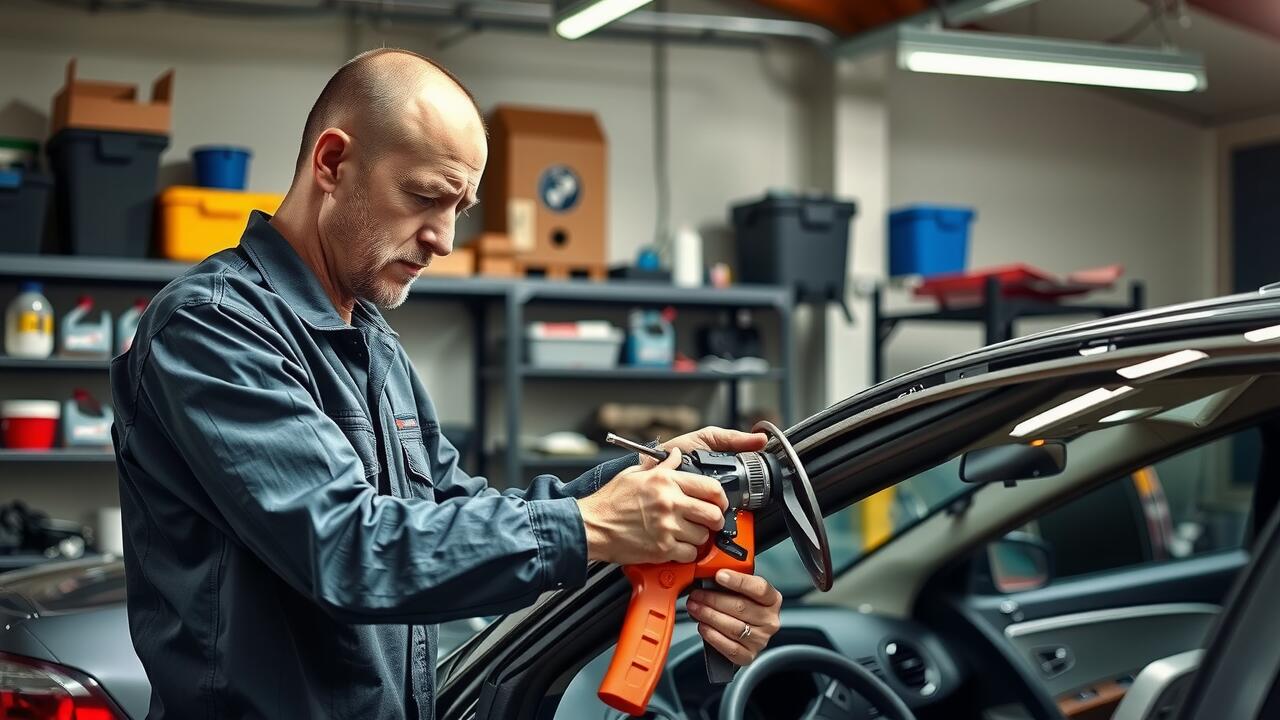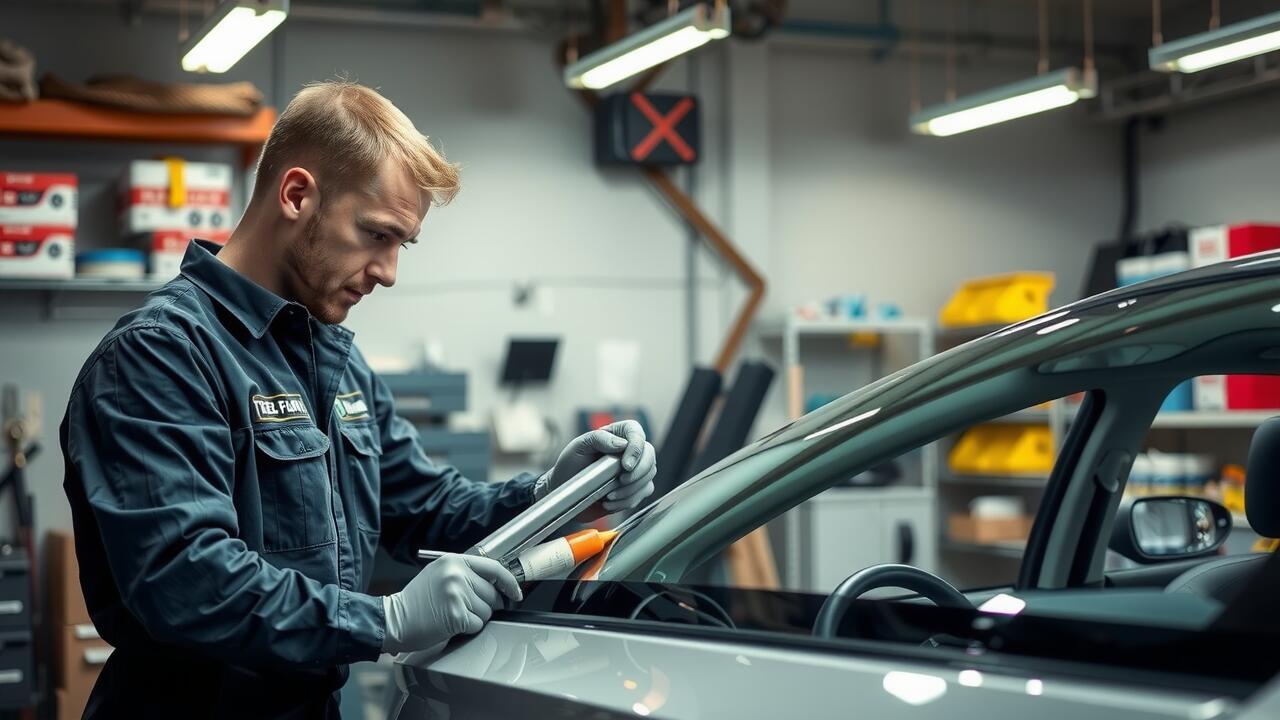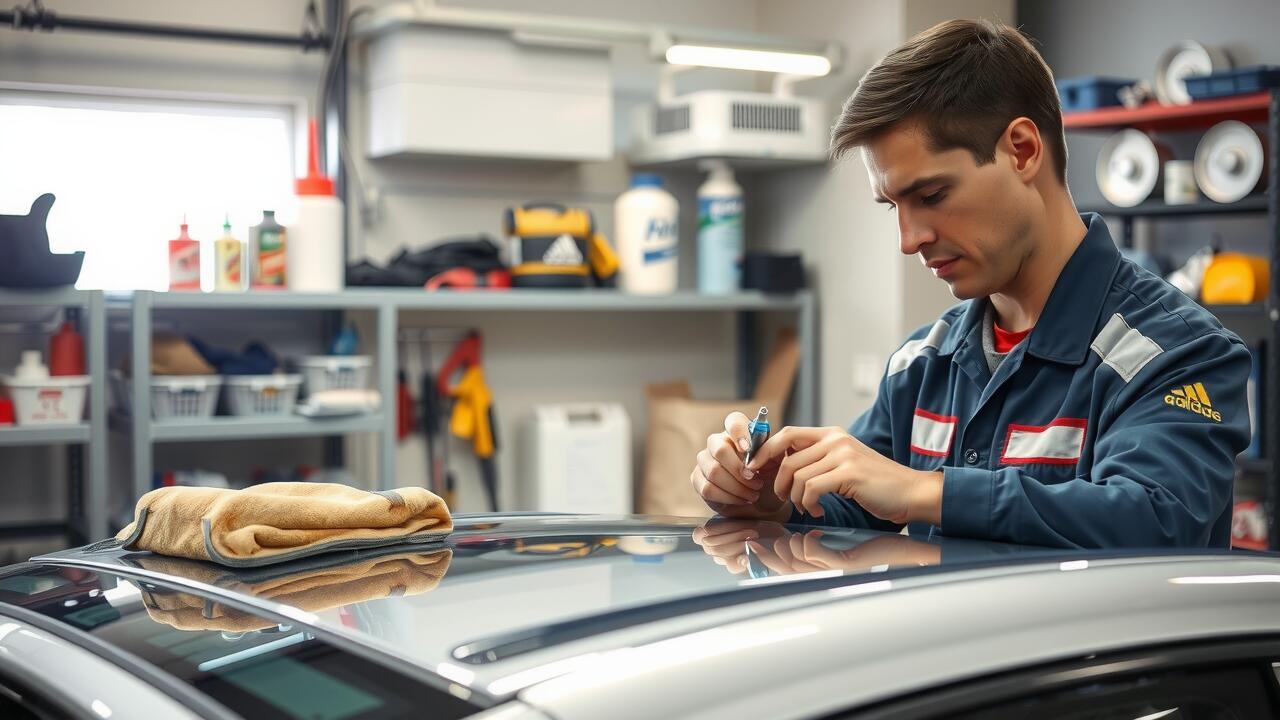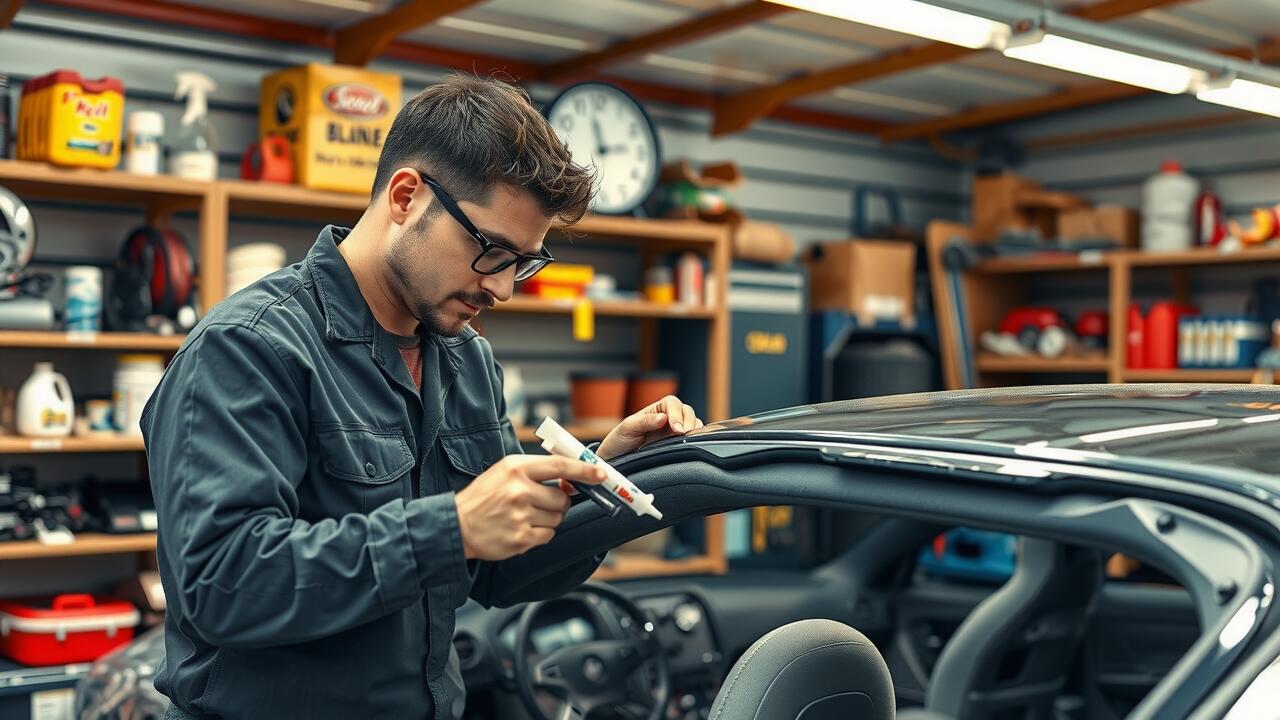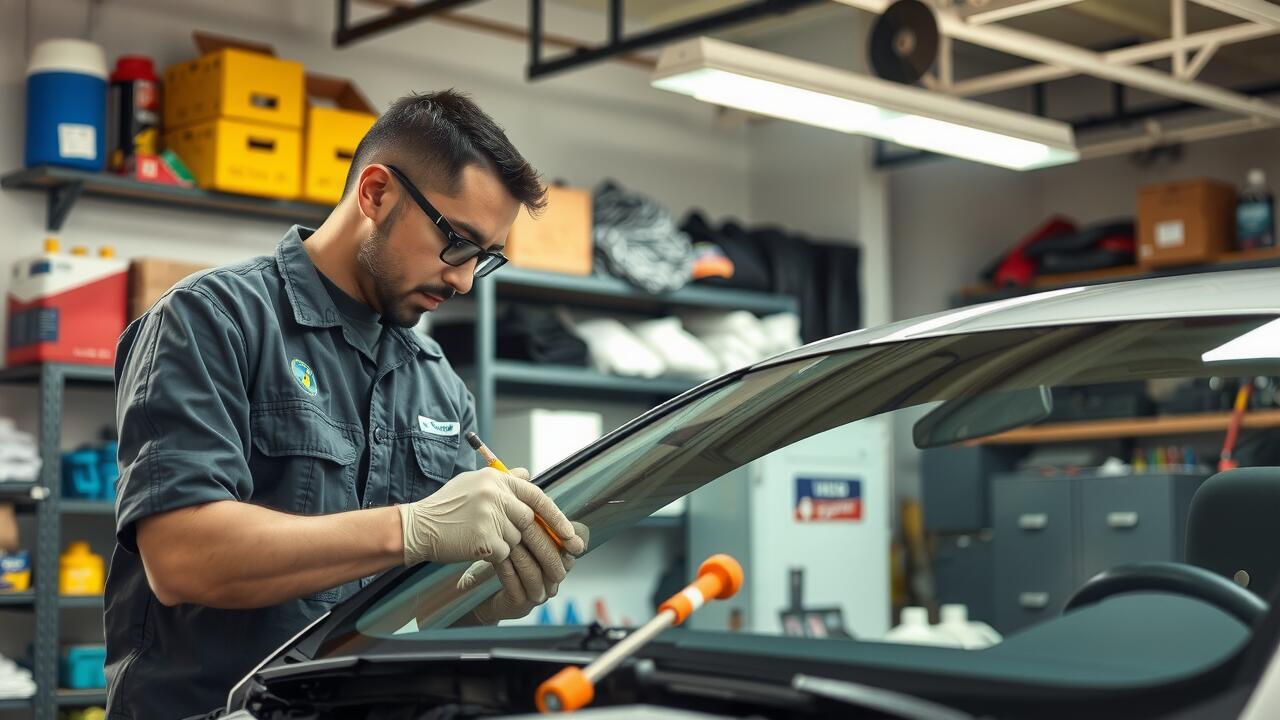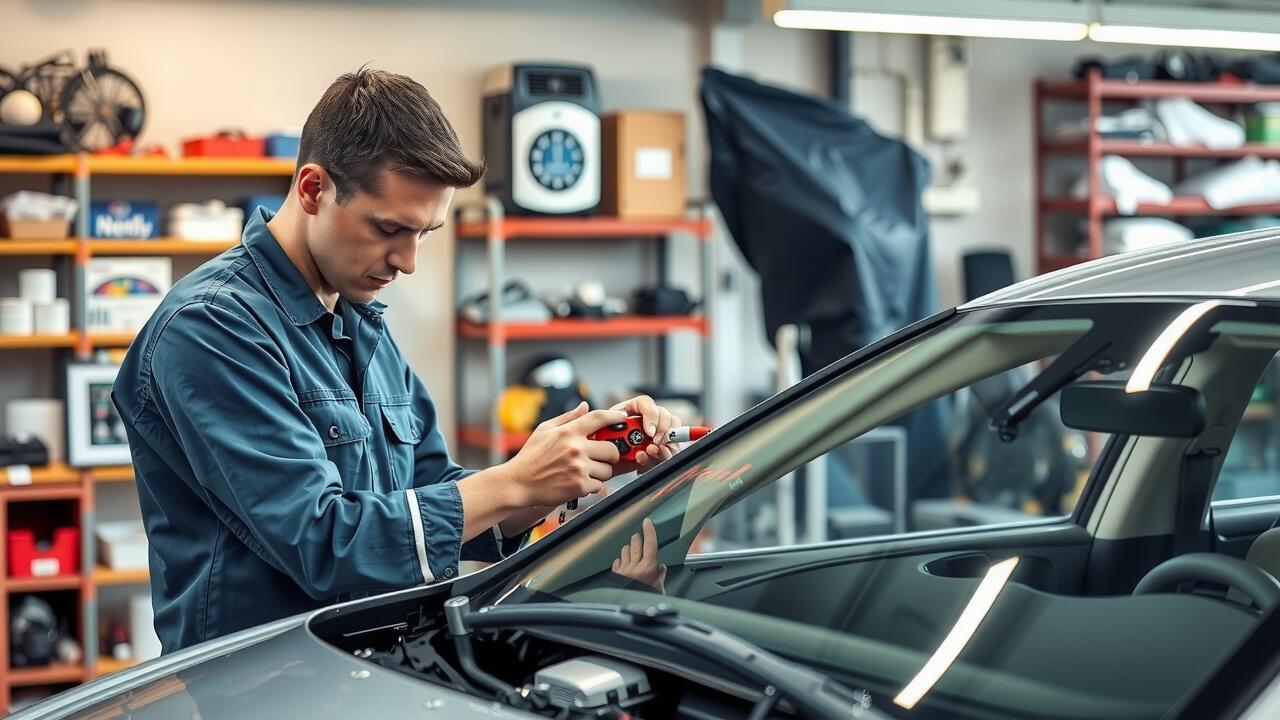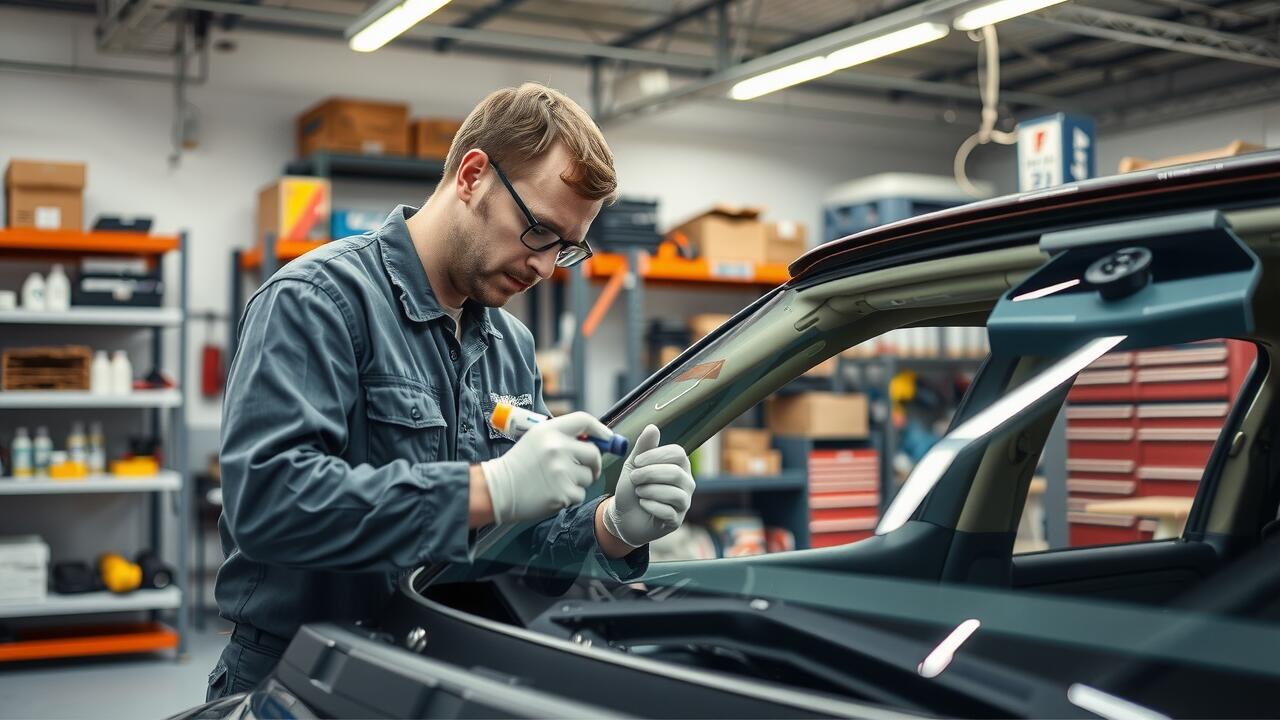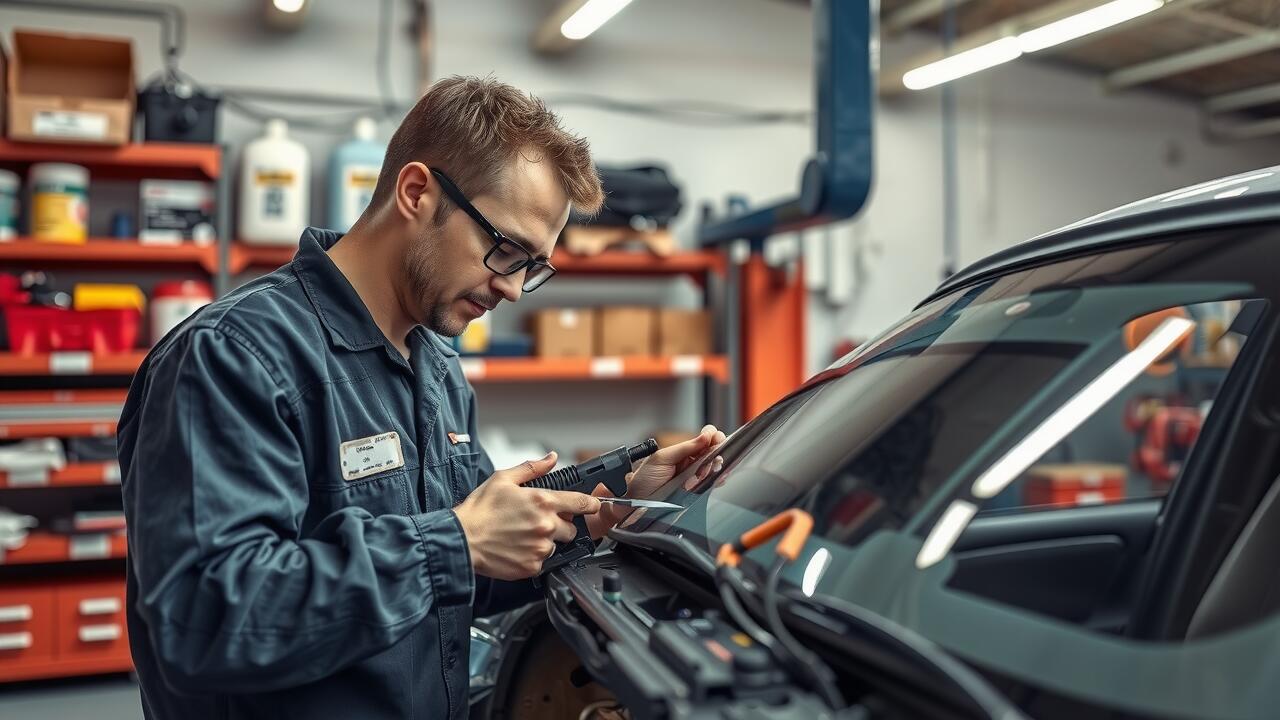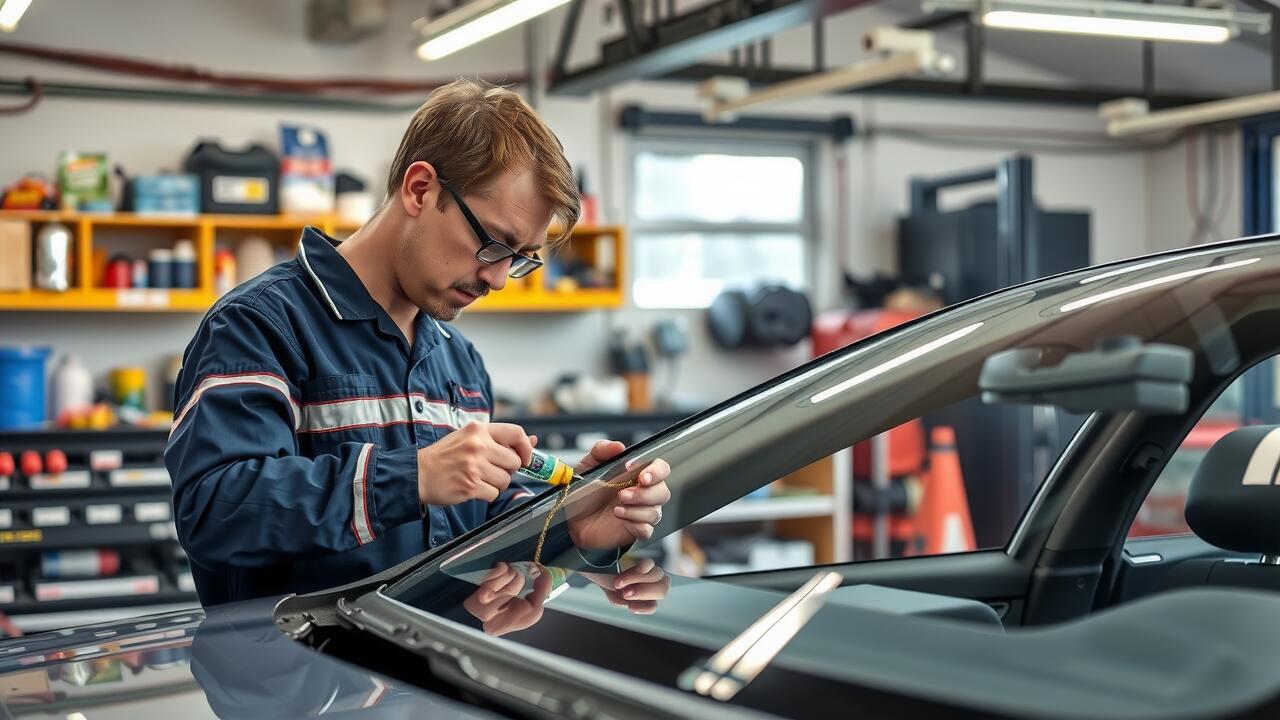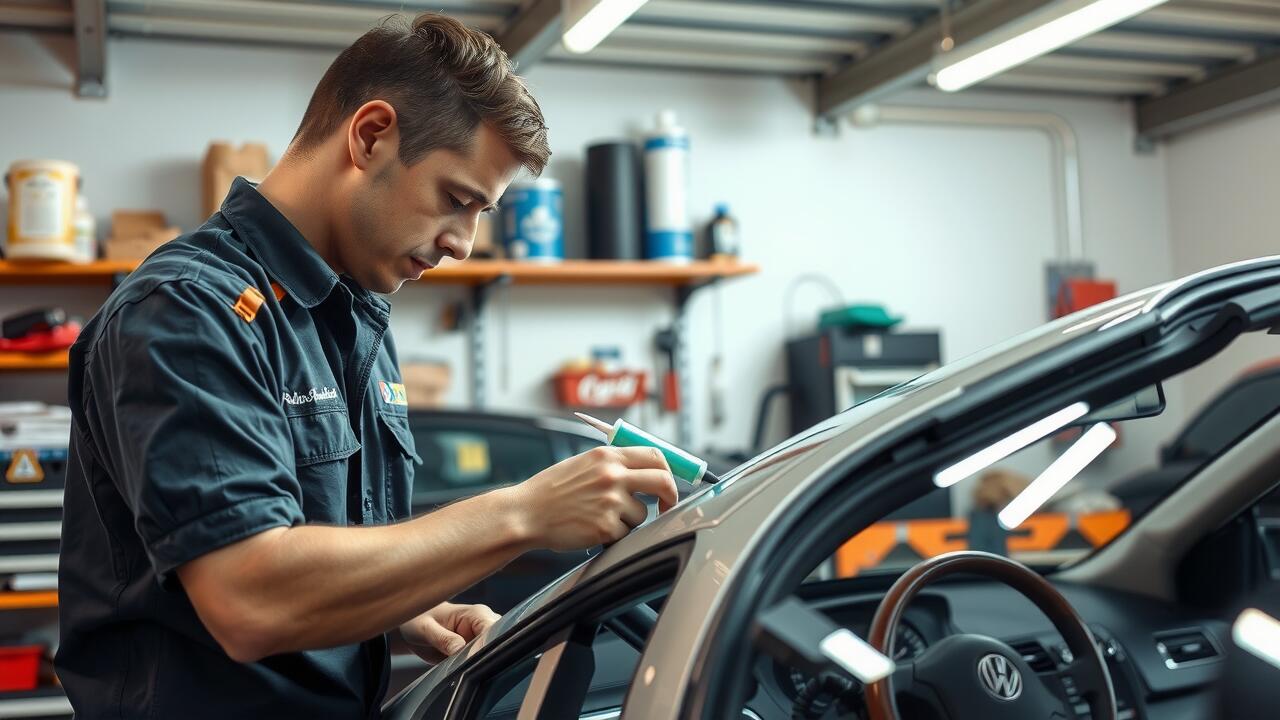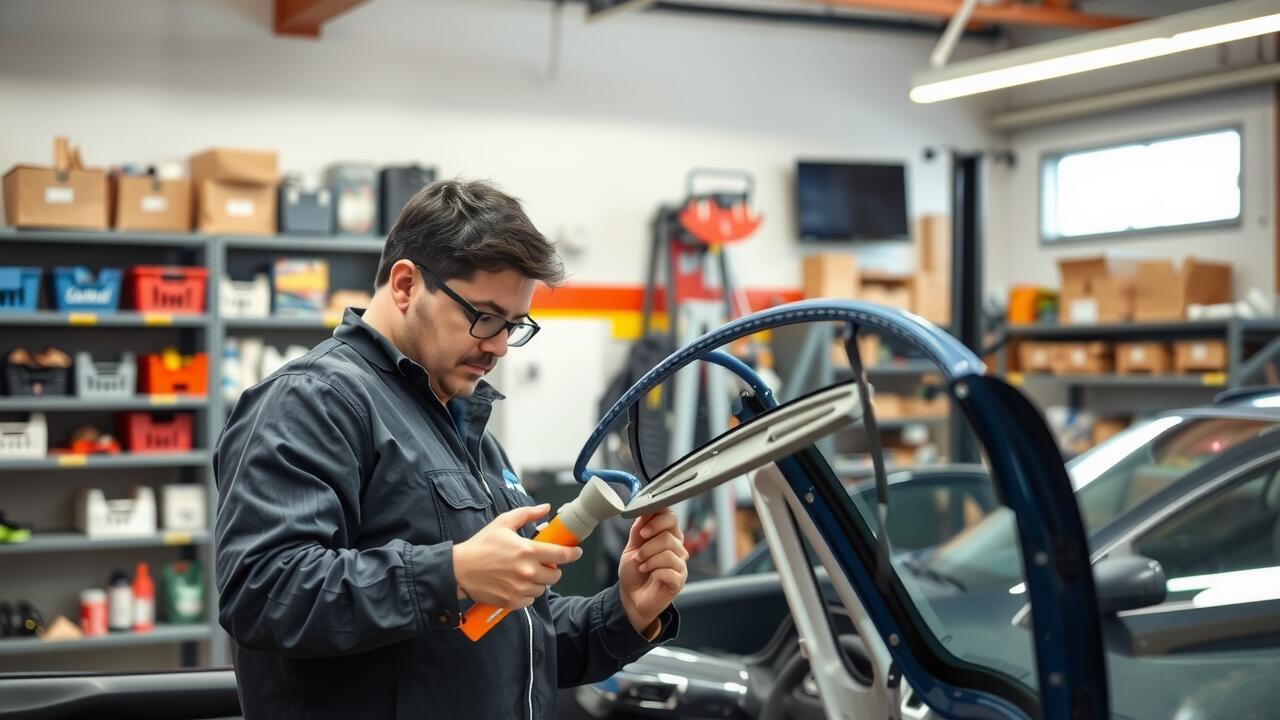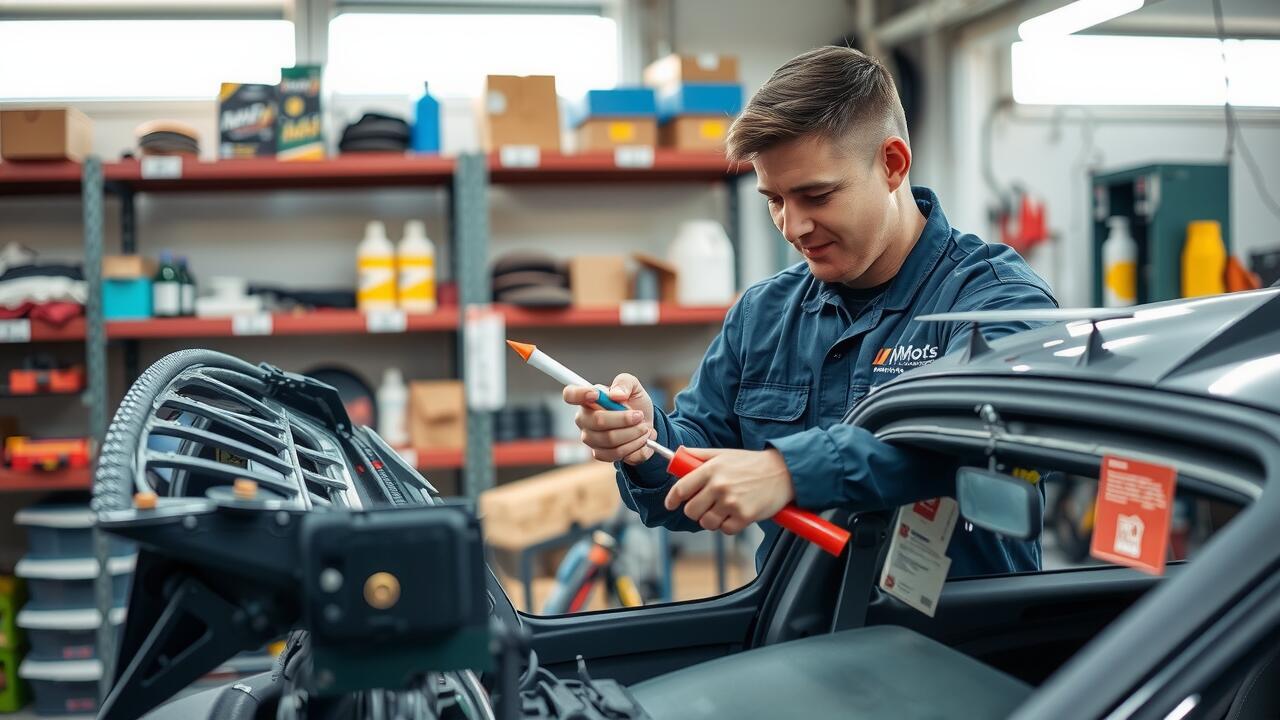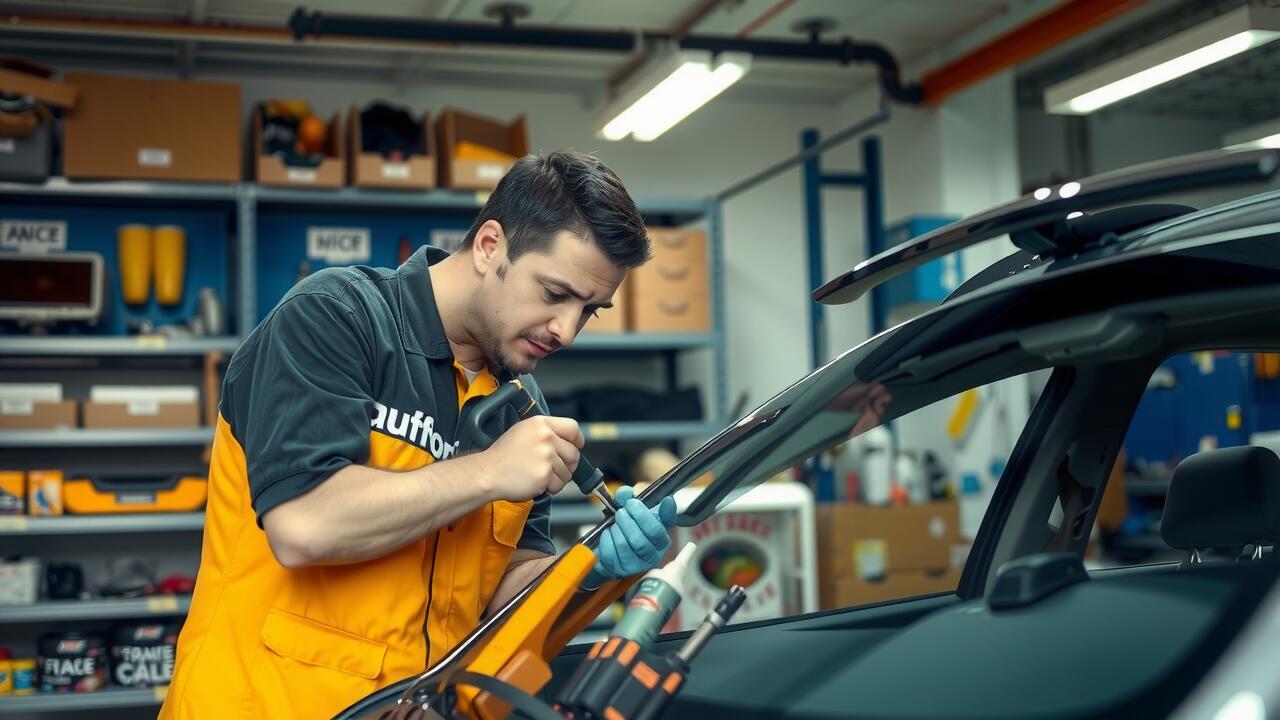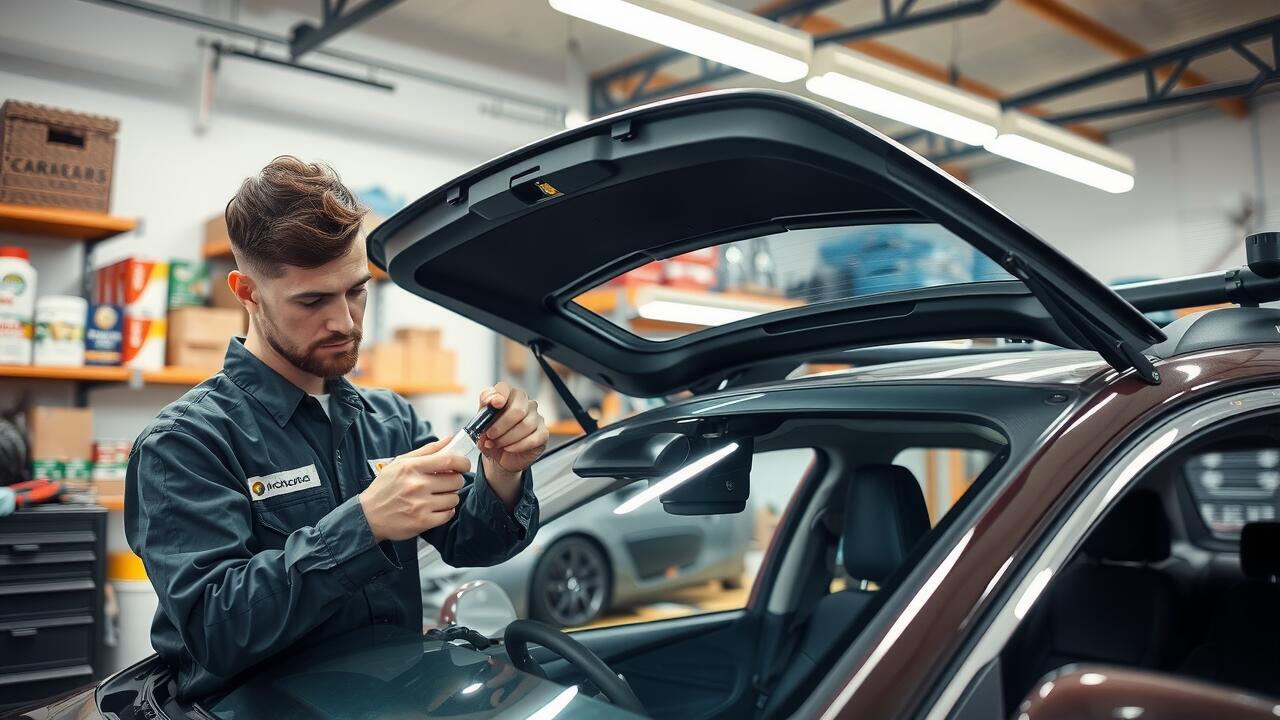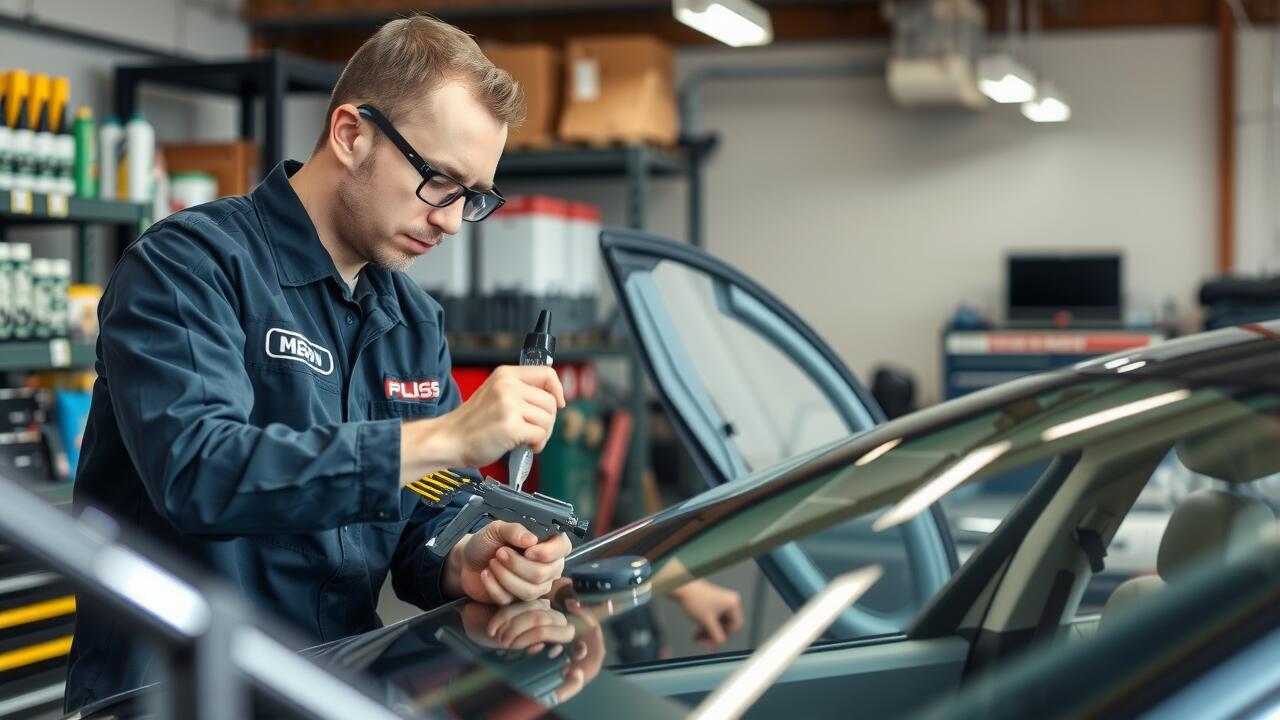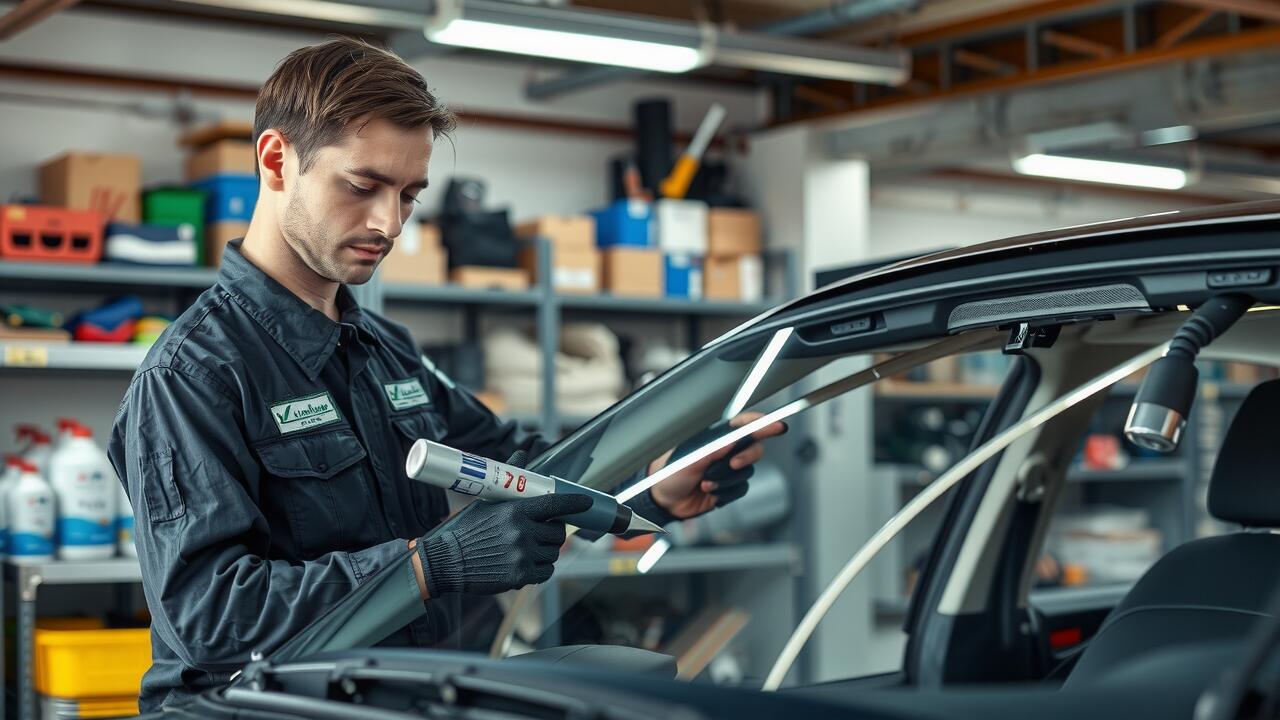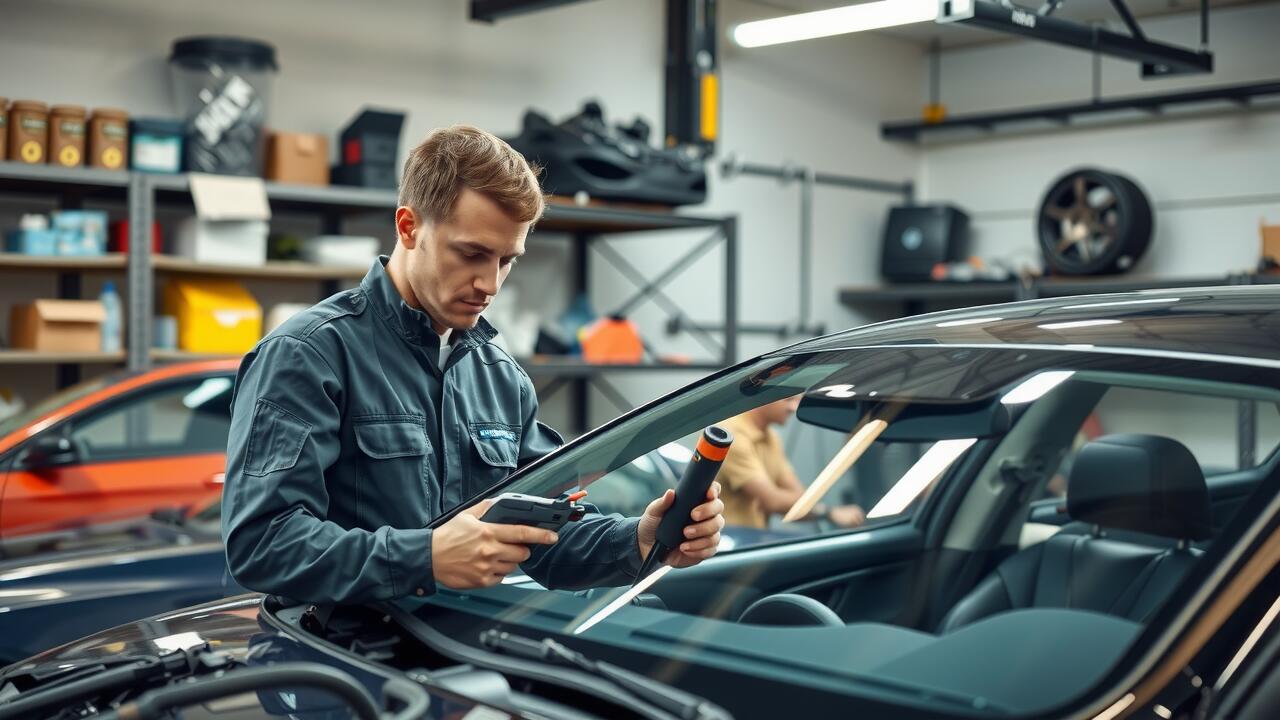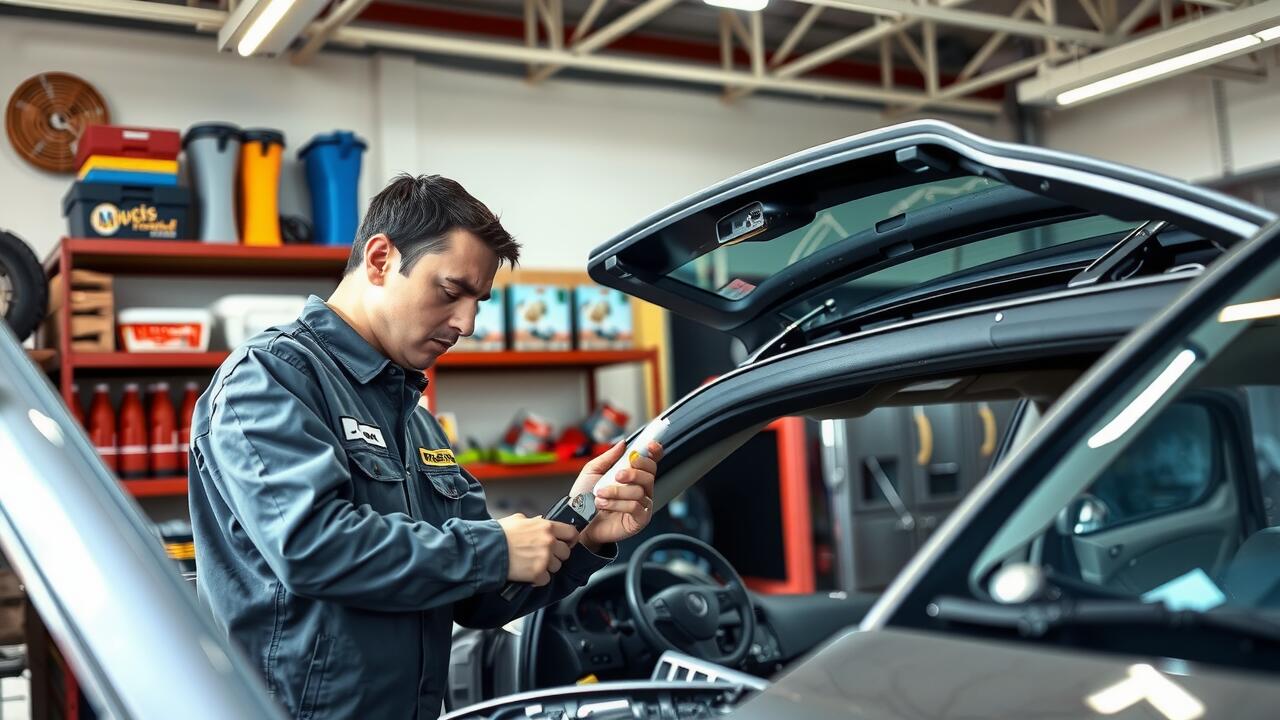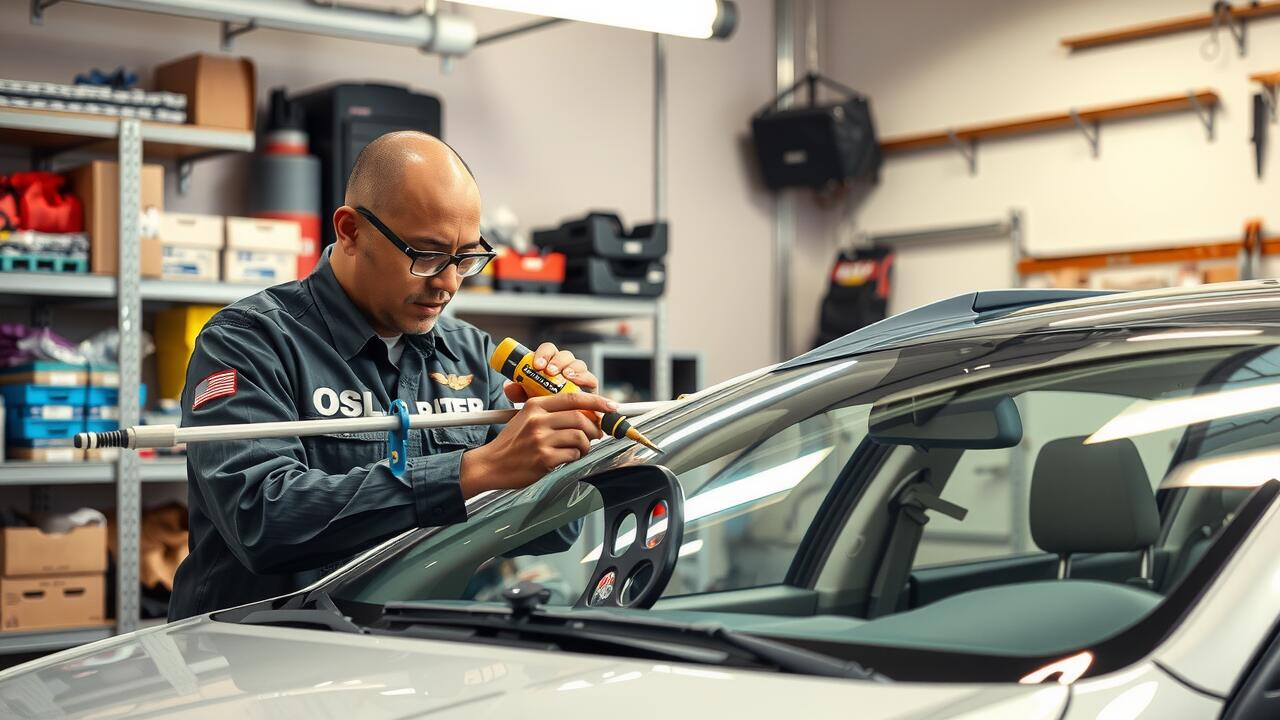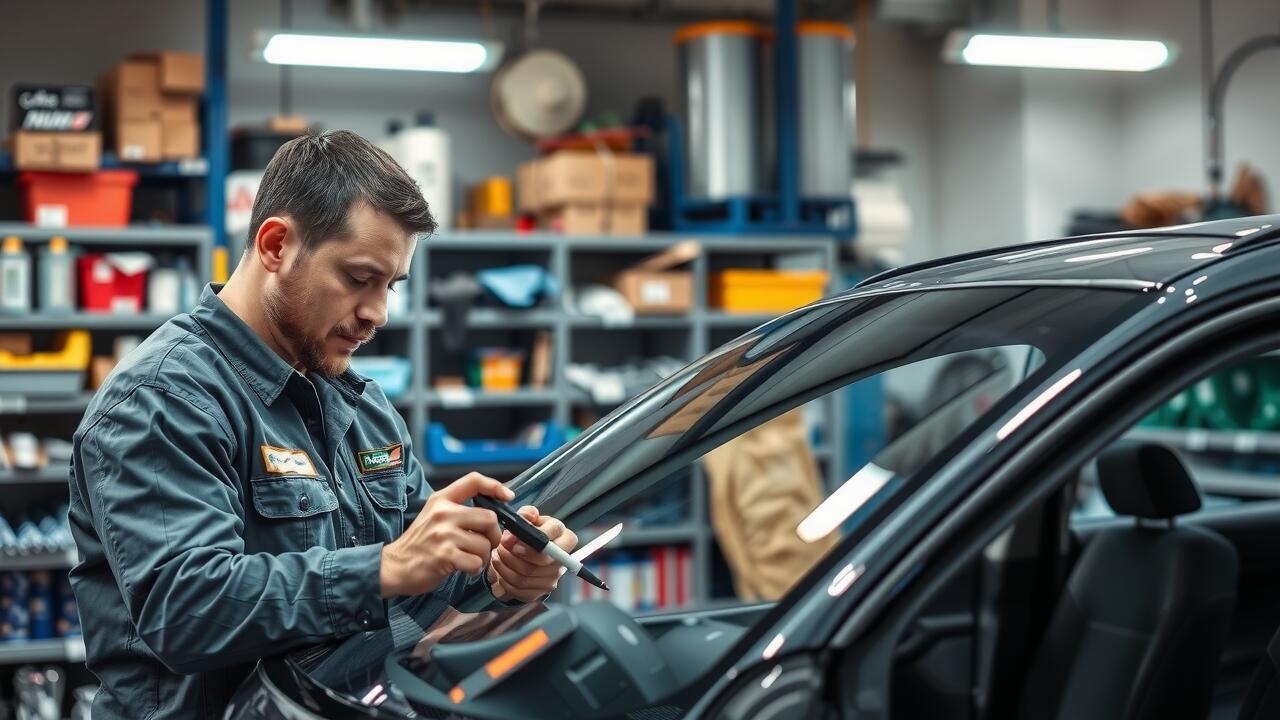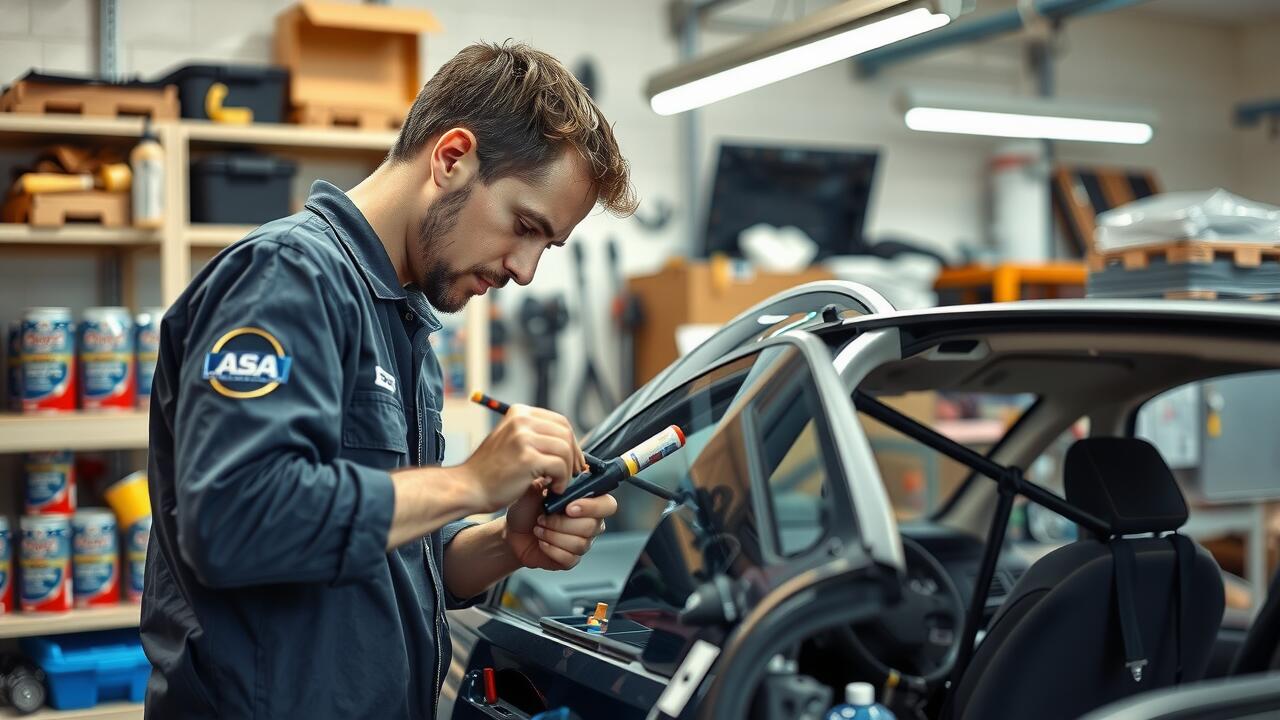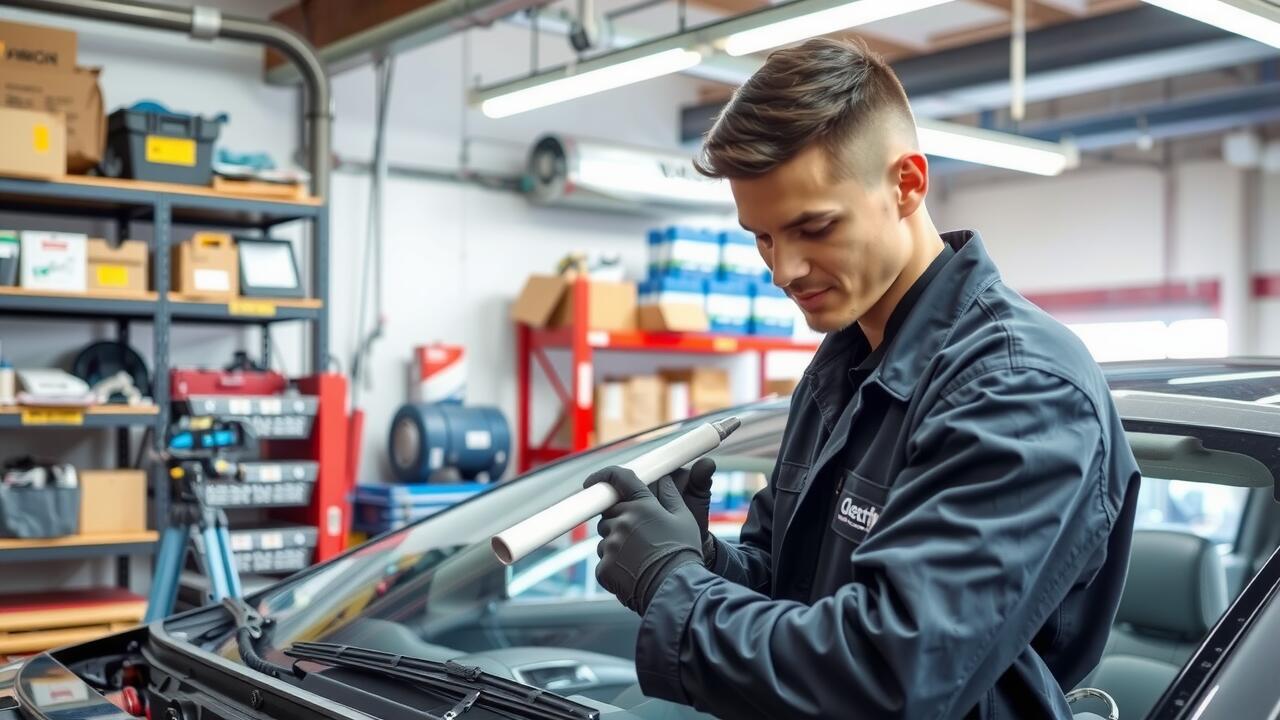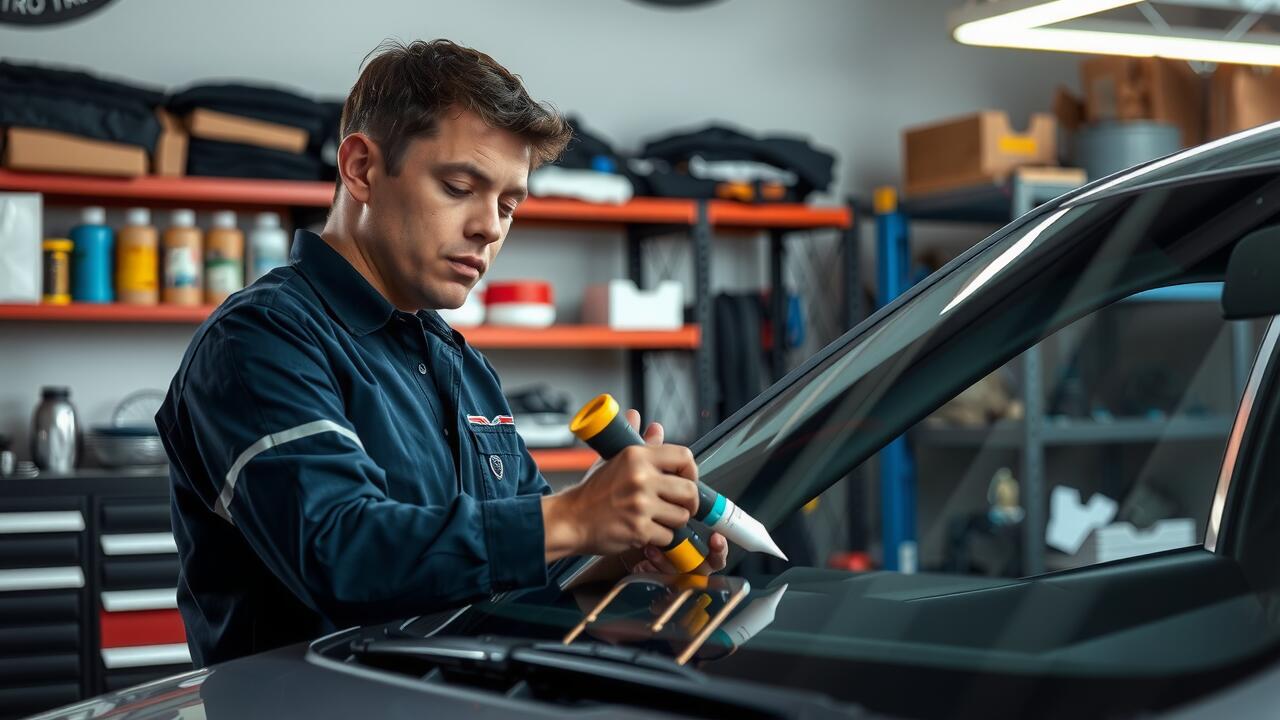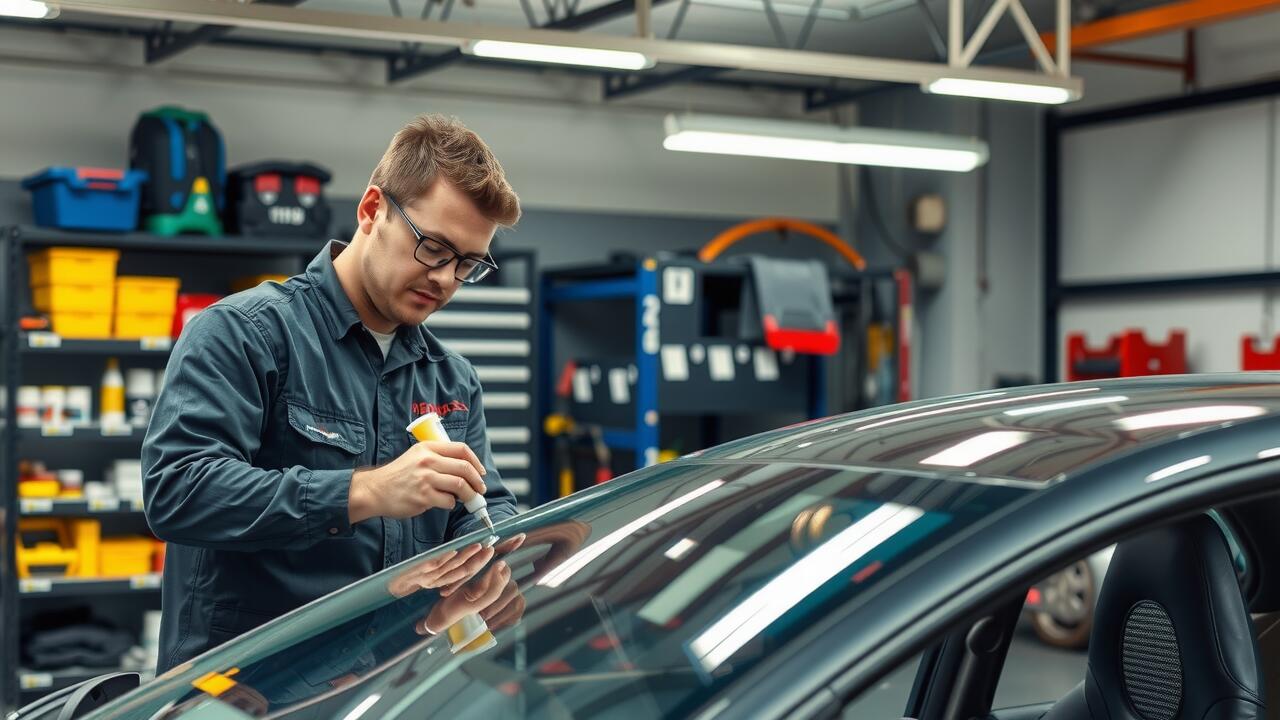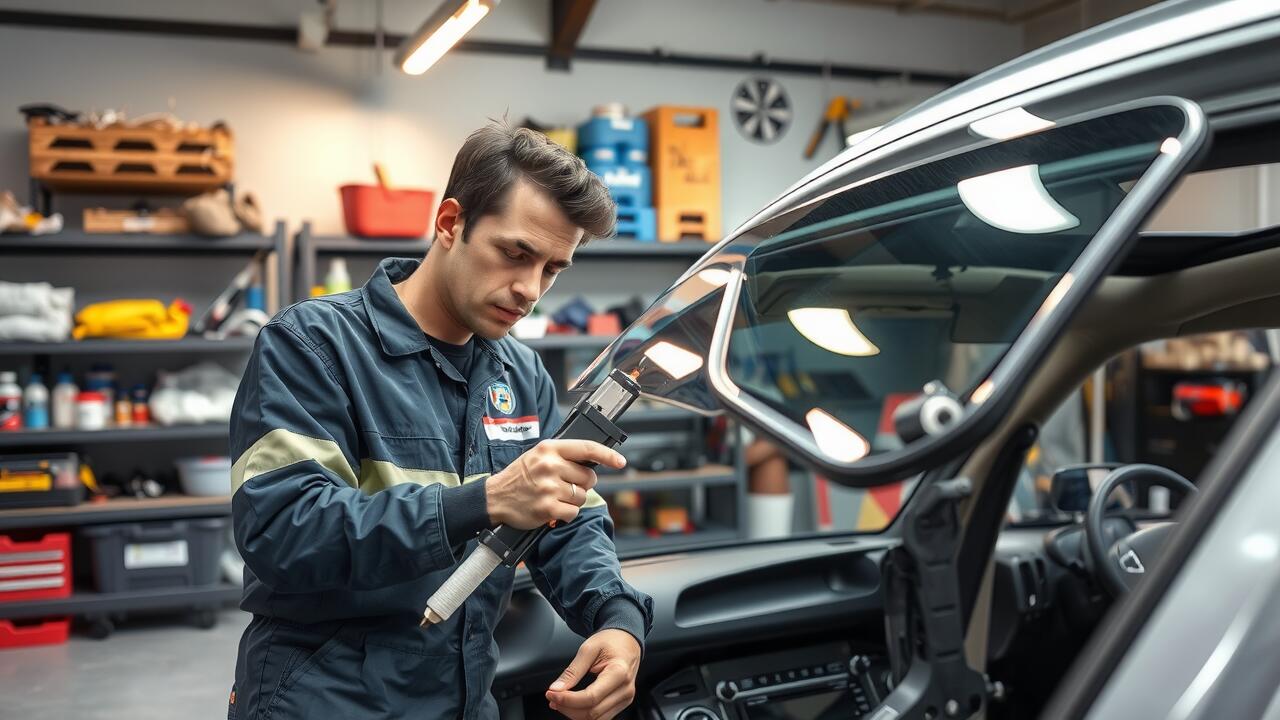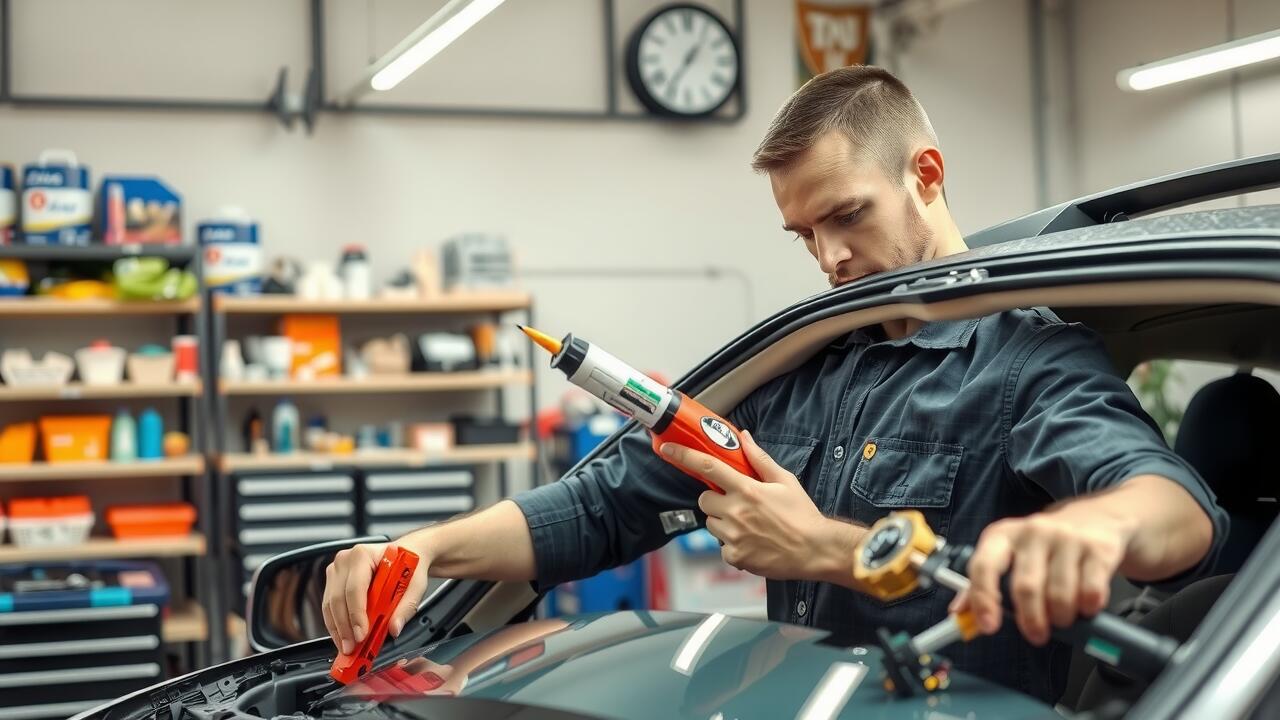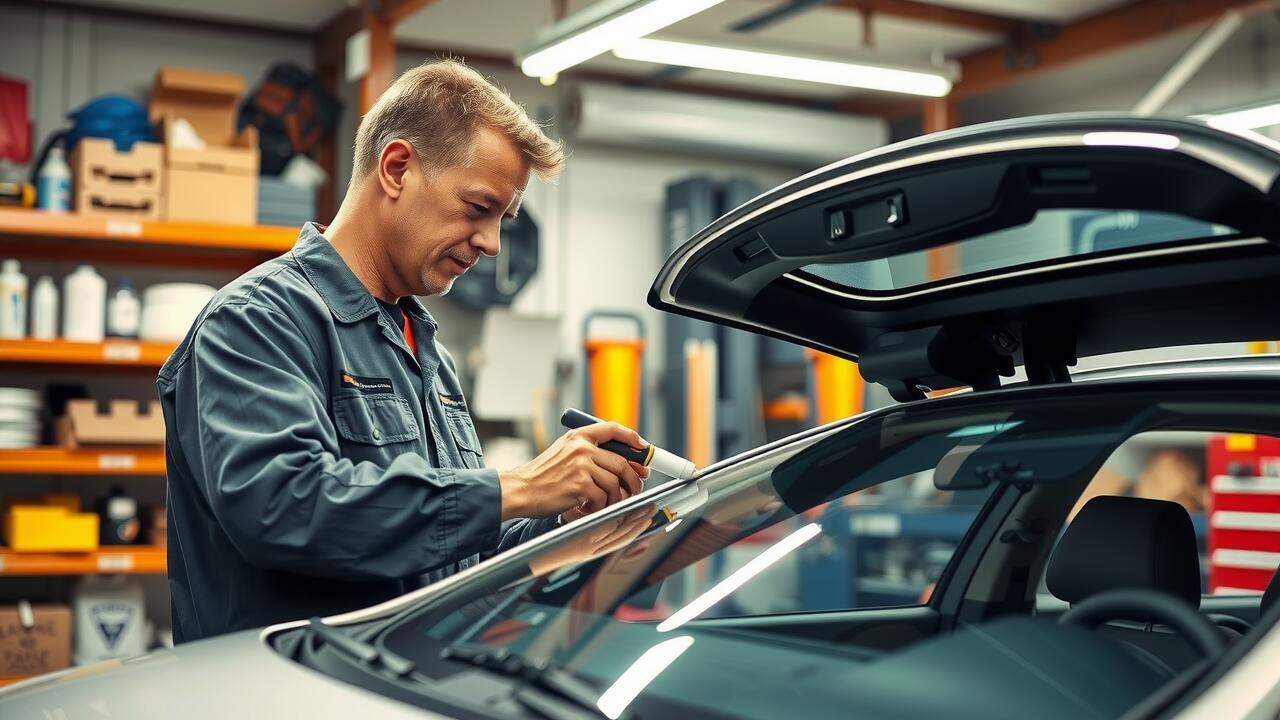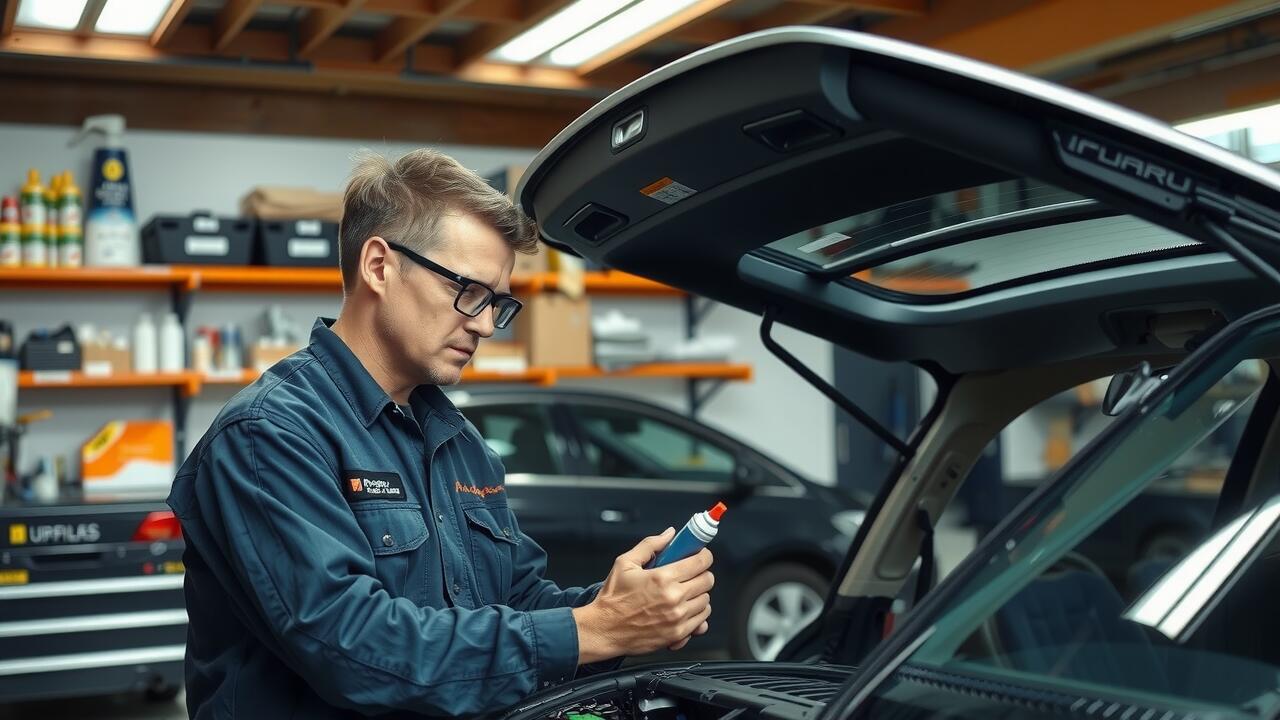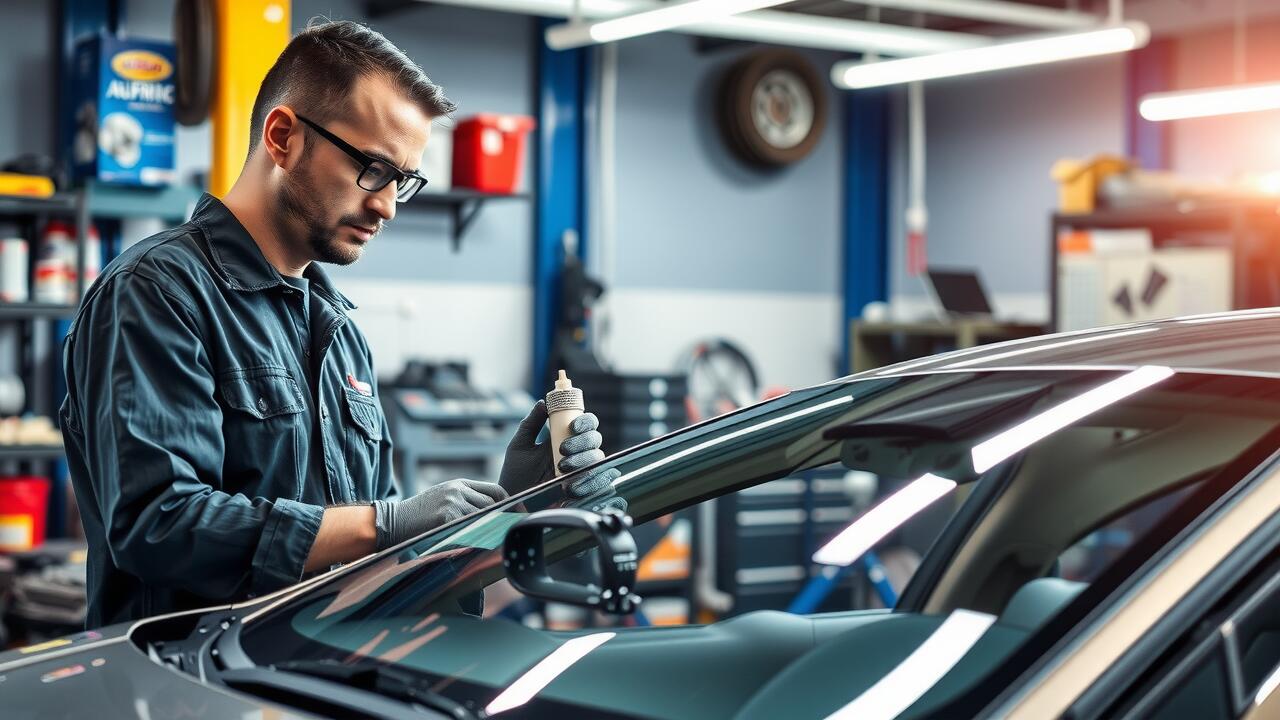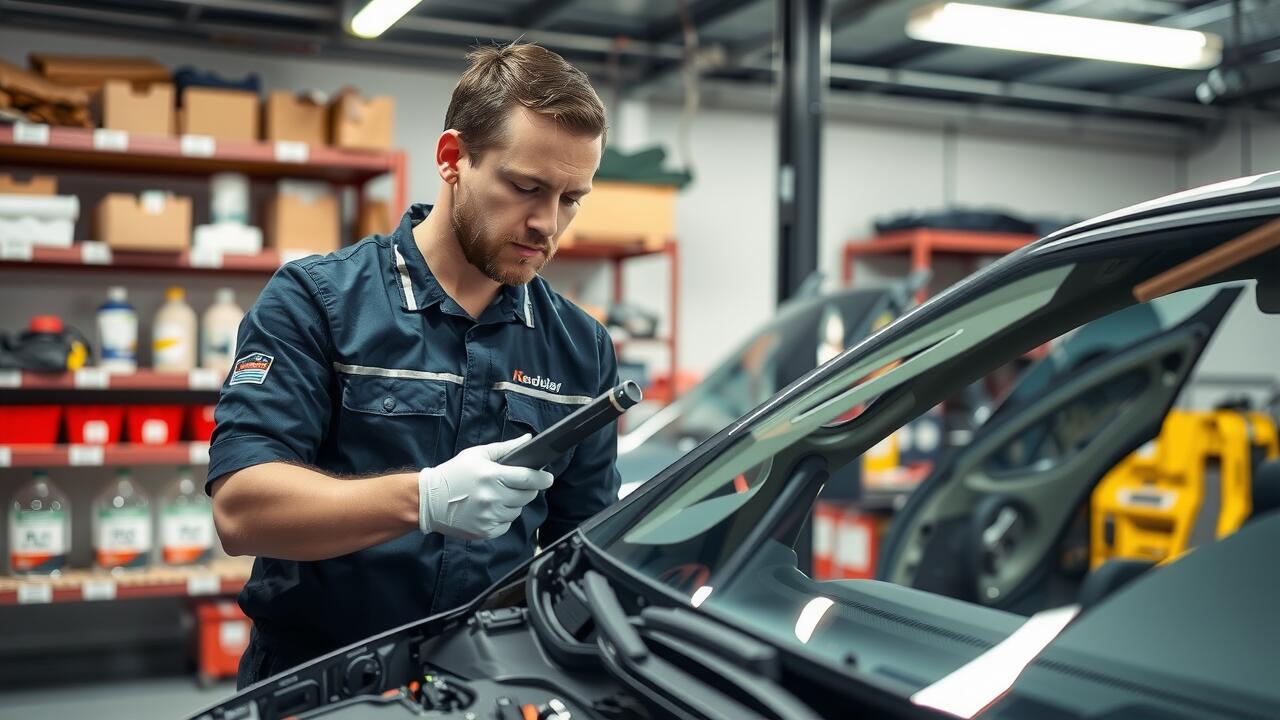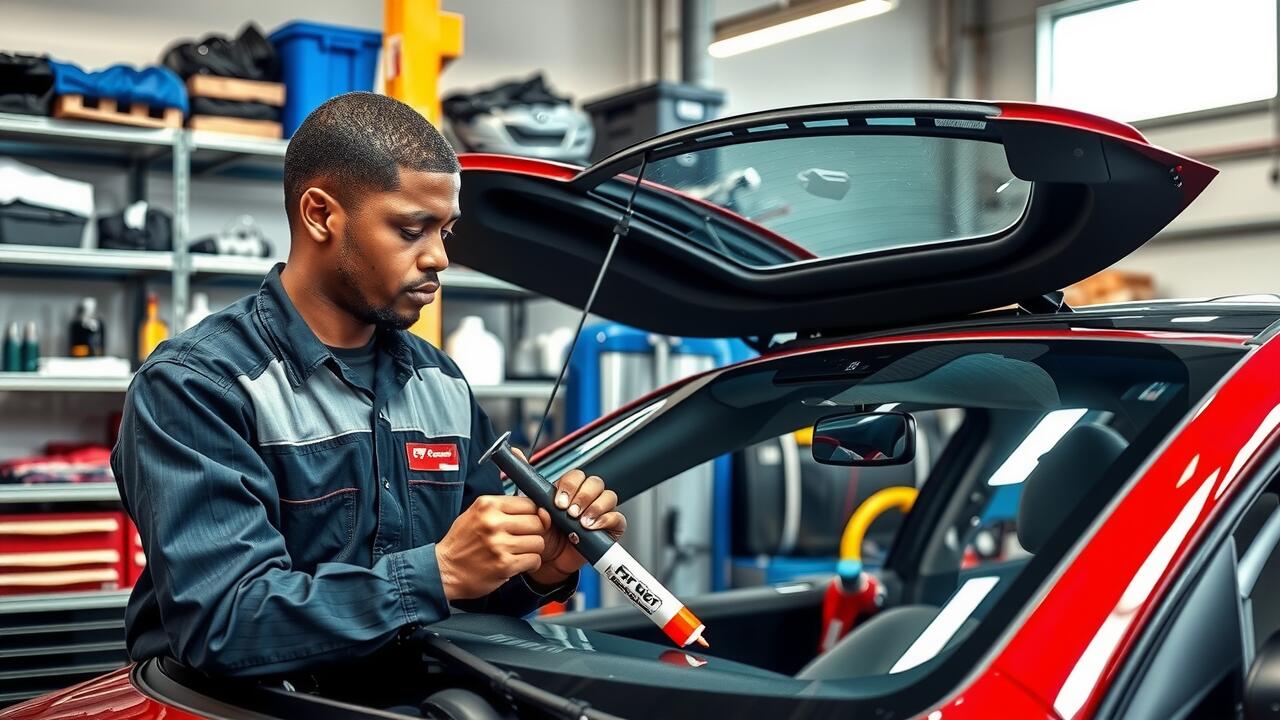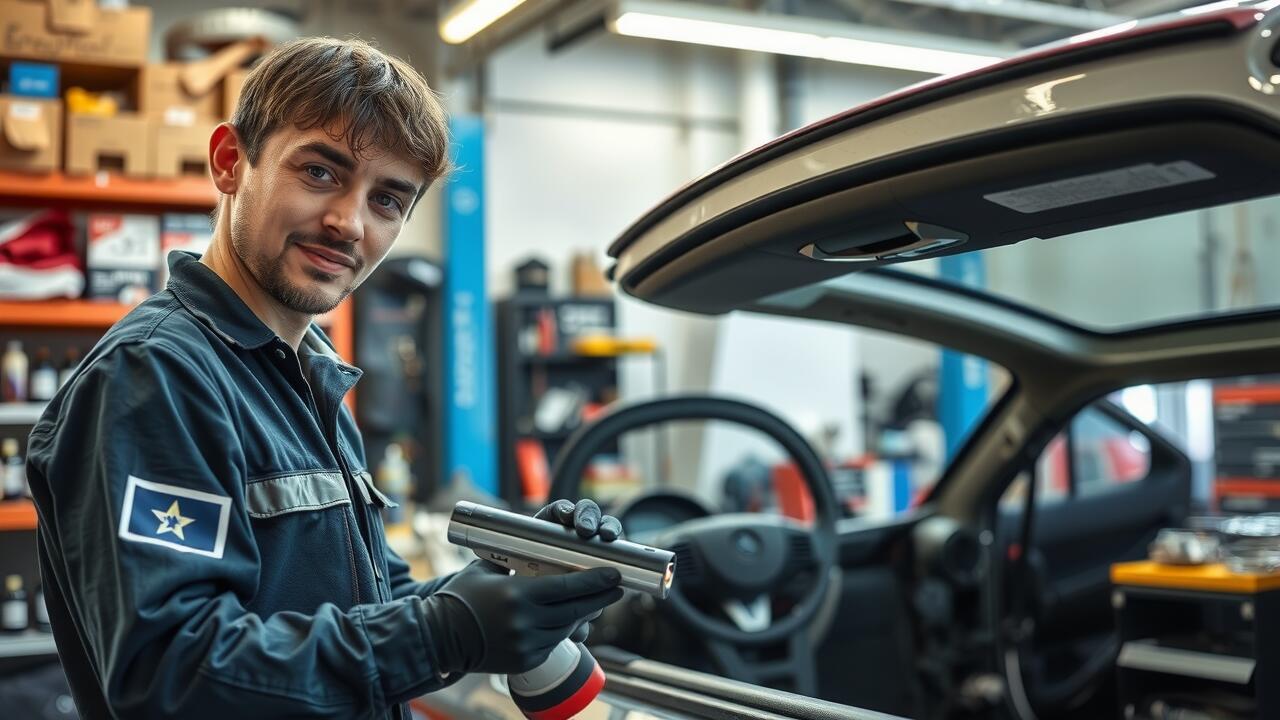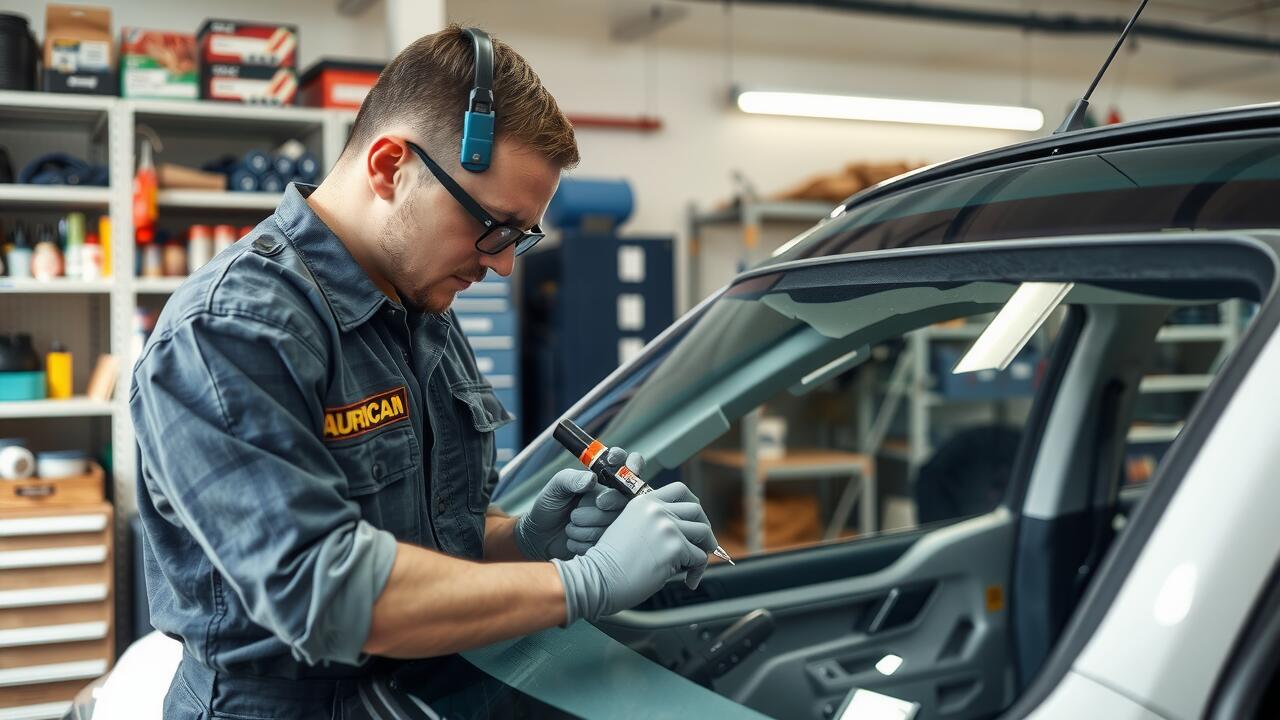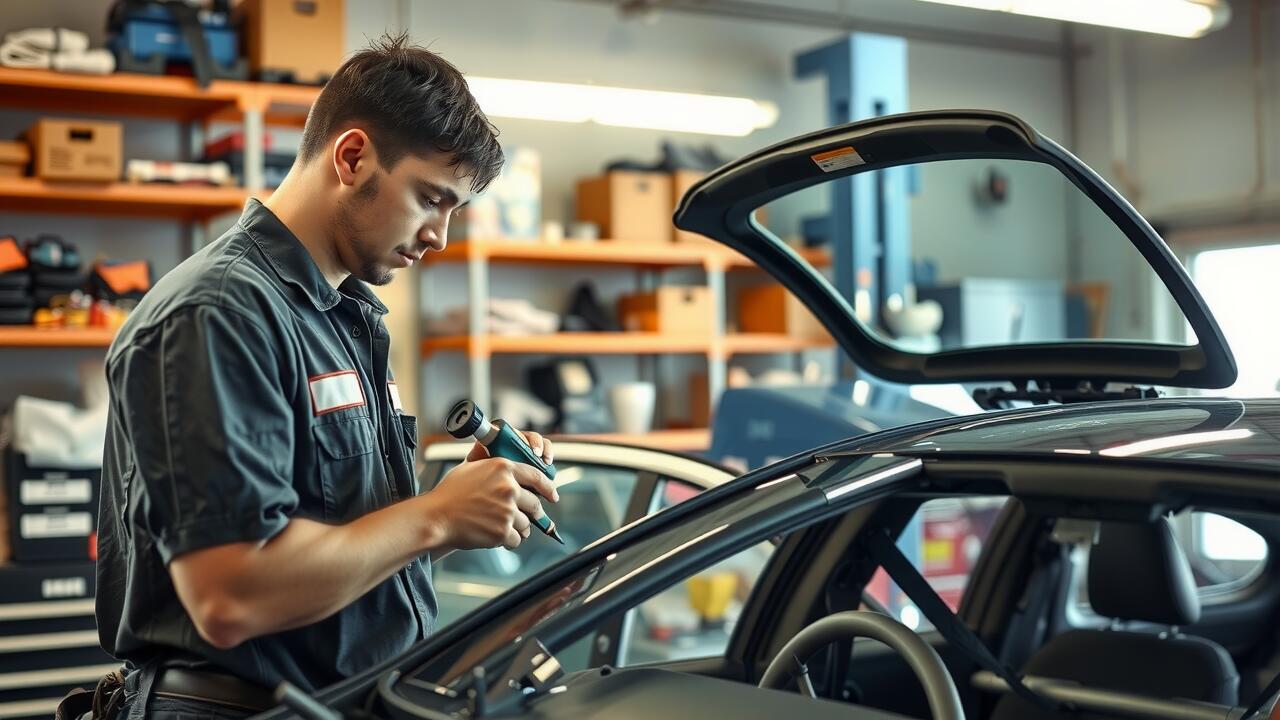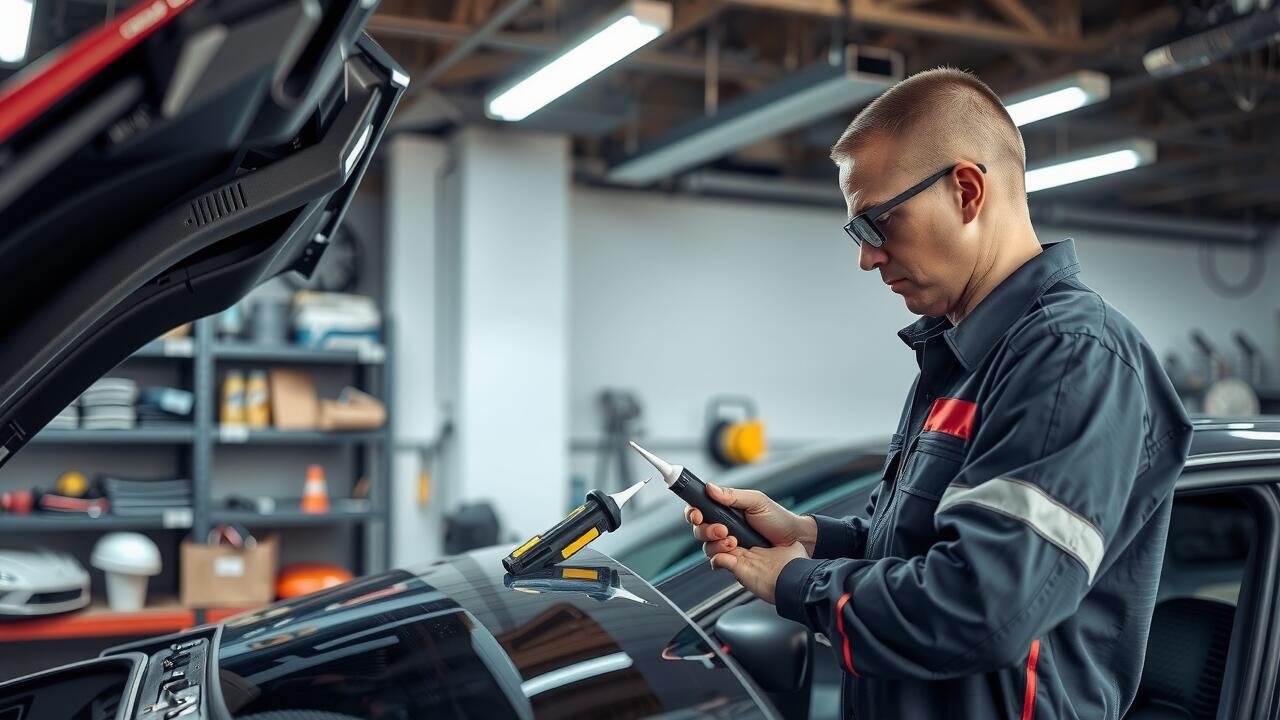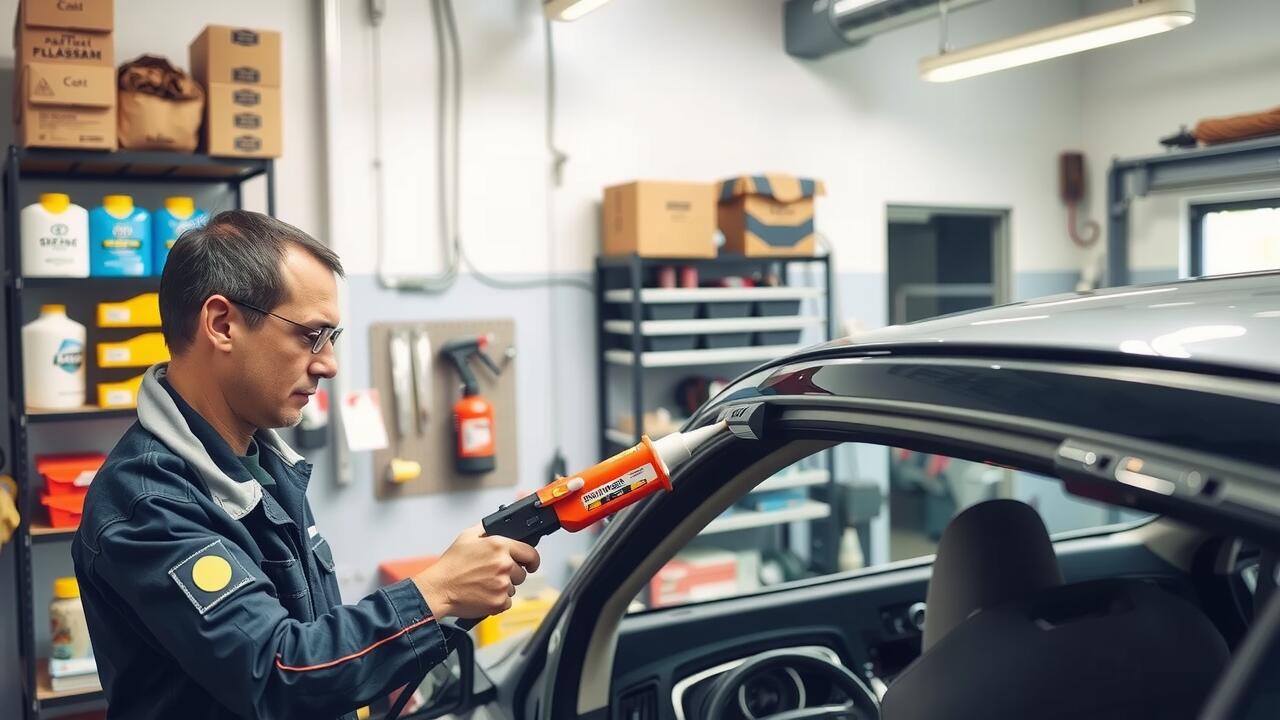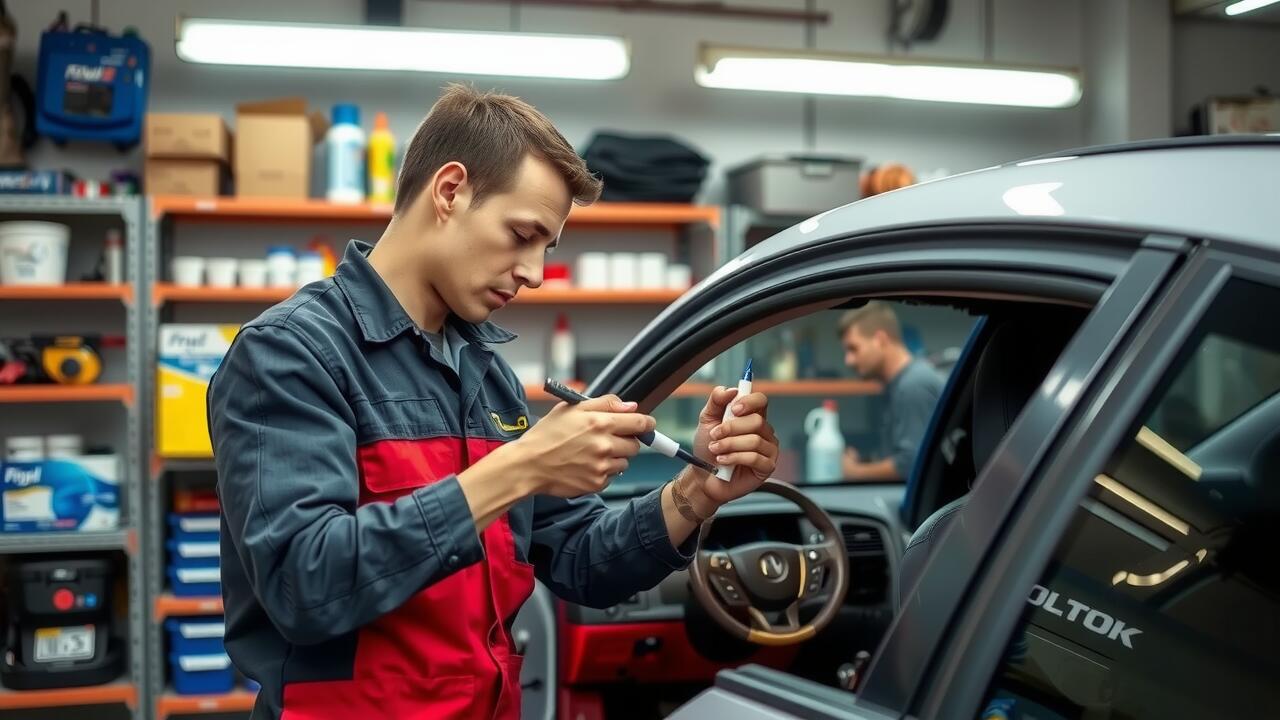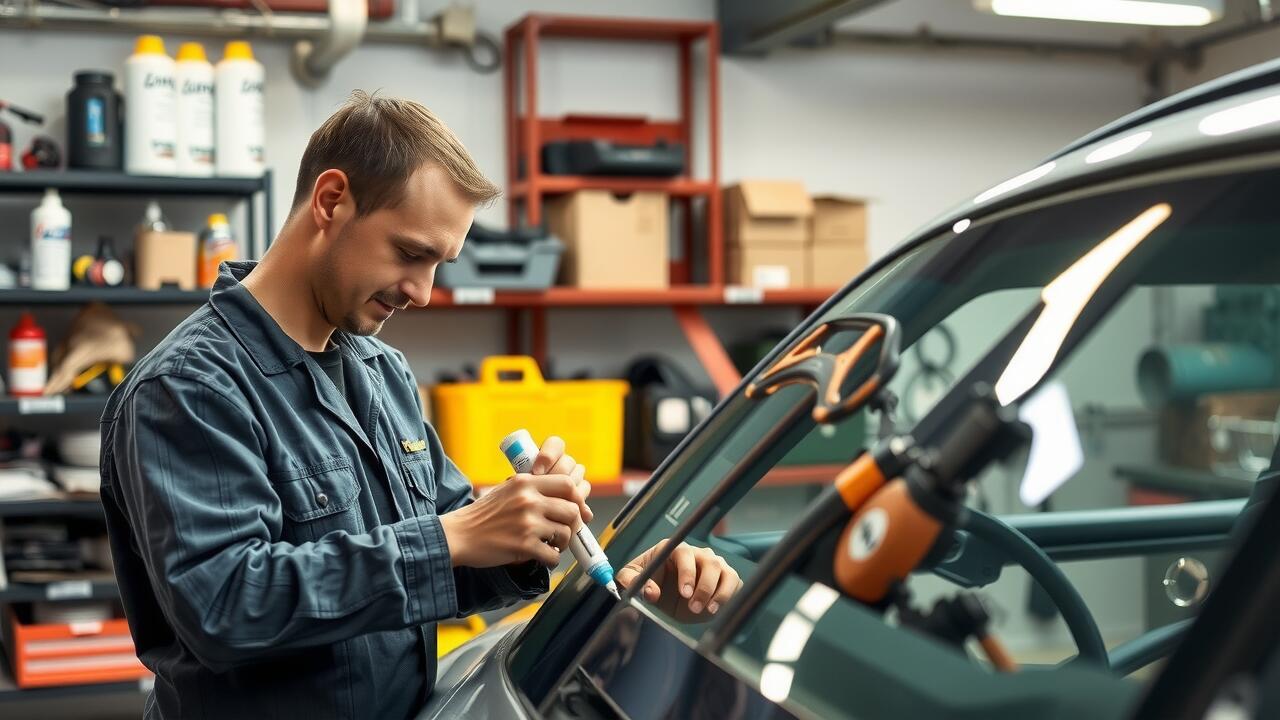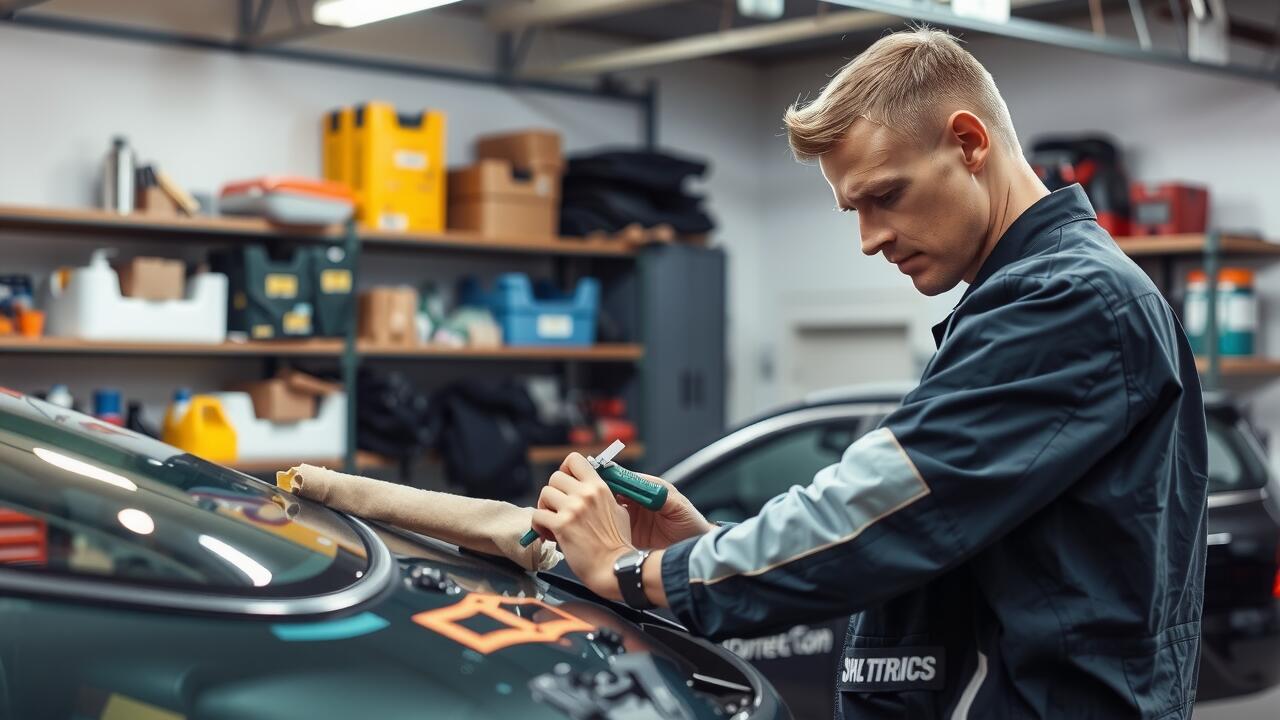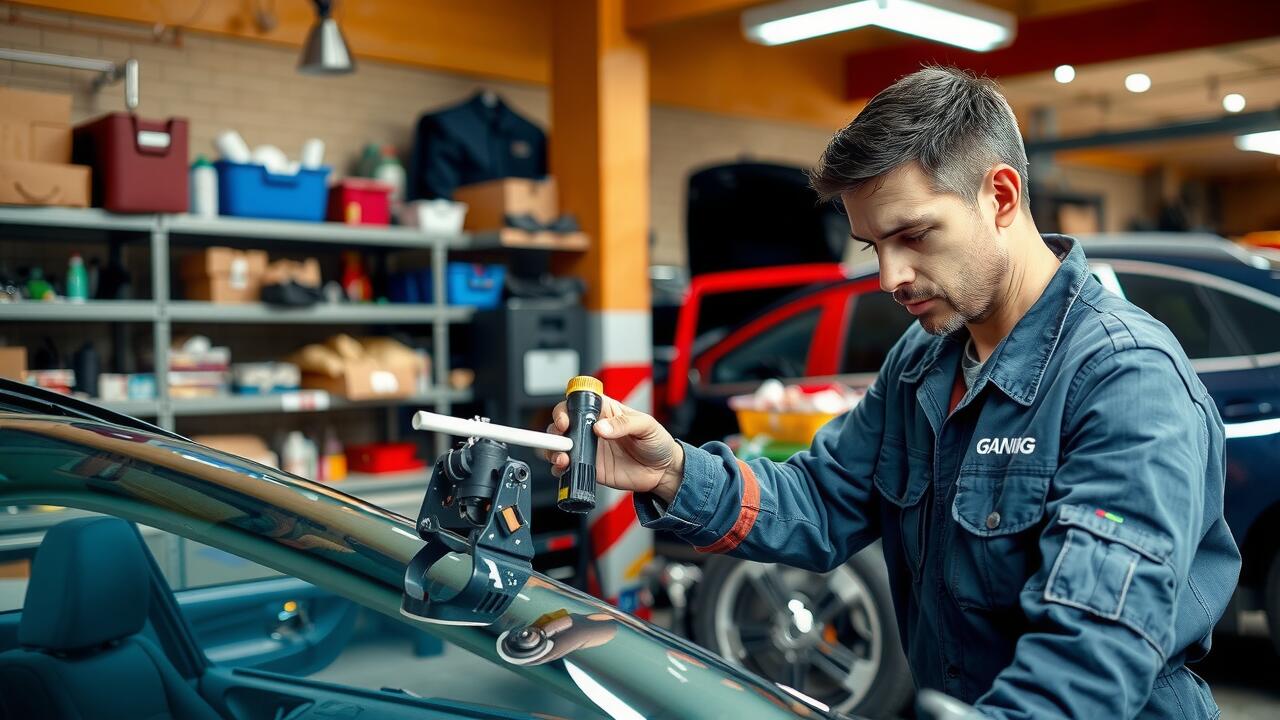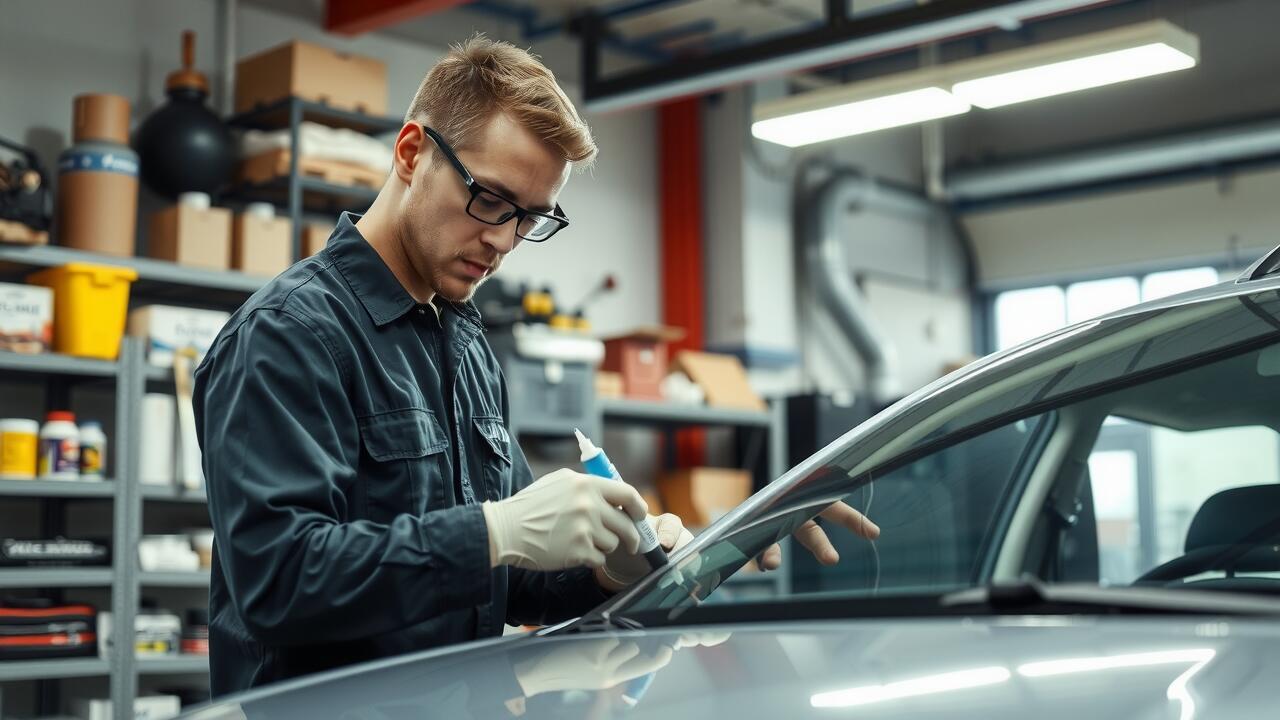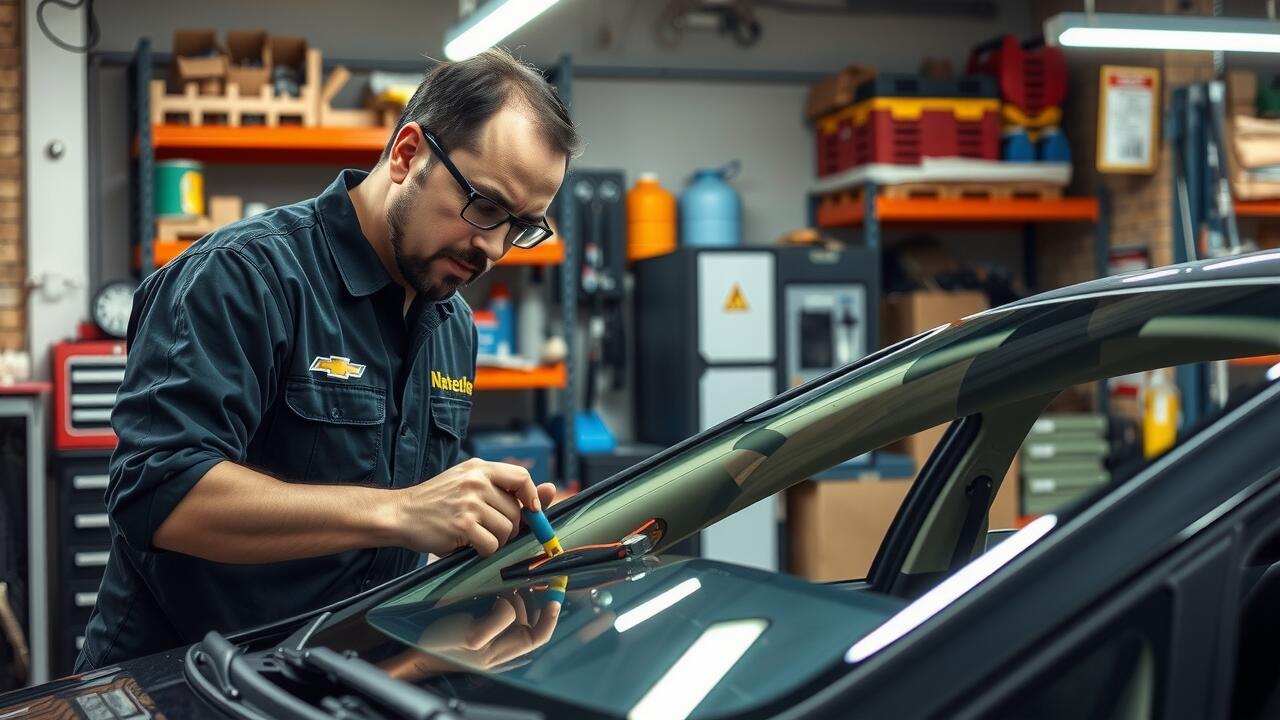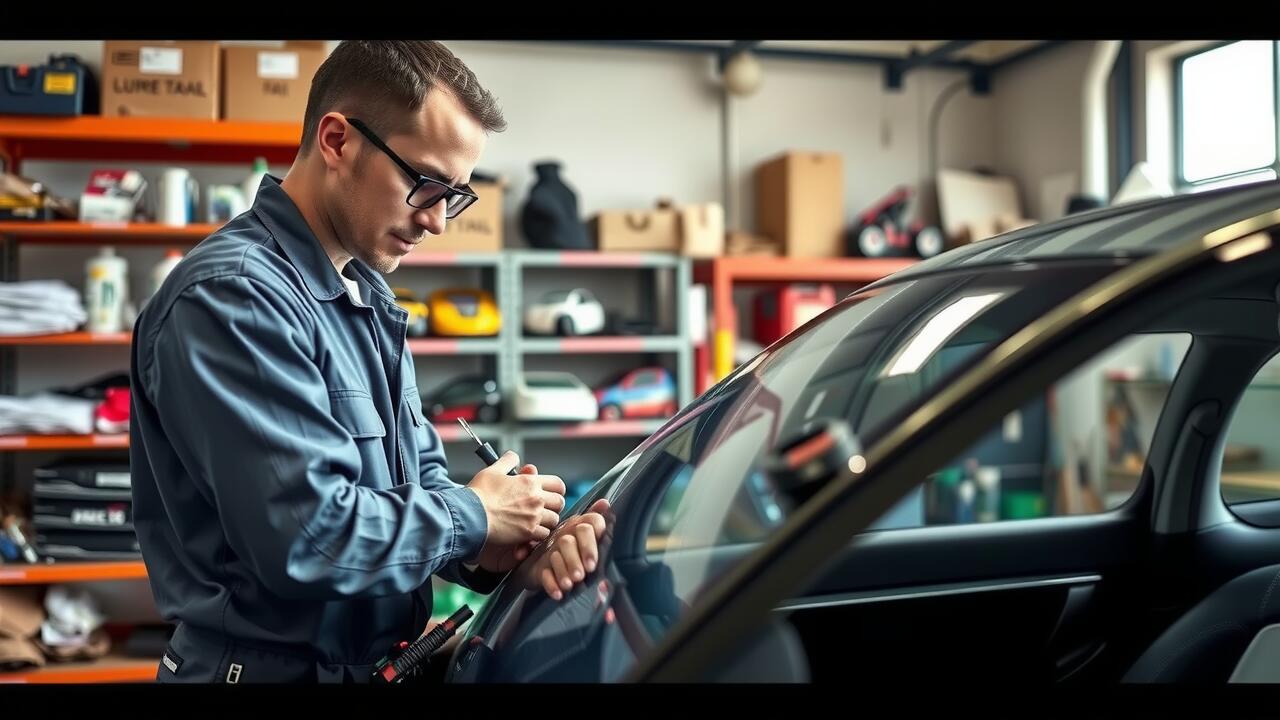
Table Of Contents
Choosing the Right Sunroof for Your Vehicle
Selecting the right sunroof for your vehicle involves considering several factors, including the design and your personal preferences. Different types of sunroofs, such as pop-up, spoiler, or panoramic, offer varying benefits and aesthetics. It's essential to choose a sunroof that complements your car's style while meeting your needs for light, ventilation, and ease of use. Additionally, ensure that the sunroof model is compatible with your specific car make and model to facilitate smoother Sunroof Replacement.
The installation process can also influence your choice. Some sunroofs require modifications to the vehicle's structure, while others fit more easily within existing frame specifications. Understanding these requirements will help you make an informed decision about the sunroof type that suits your vehicle. Furthermore, knowing whether you plan to undertake the installation yourself or engage a professional can guide you in selecting a sunroof that aligns with your capabilities and resources.
Compatibility with Car Model
When considering a sunroof installation, compatibility with your vehicle's make and model plays a crucial role. Each car design may have specific requirements and structural limitations that need to be addressed. An accurate assessment ensures that the sunroof replacement seamlessly integrates with the vehicle’s existing architecture, thus preserving its integrity and aesthetic appeal.
Many aftermarket sunroofs are available, but not all will suit every vehicle type. It is essential to consult the manufacturer's specifications and guidelines to determine which sunroof options are viable. Failing to choose a compatible model could result in improper fitment, potential leaks, and long-term issues that may diminish the advantages of having a sunroof in the first place.
Warranty and Insurance Considerations
When considering sunroof installation, it's essential to review the warranty and insurance implications. Many vehicle manufacturers offer warranties that may or may not cover aftermarket modifications. Installing a sunroof could potentially void certain aspects of the vehicle's warranty if it is not approved by the manufacturer. Therefore, it's advisable to check the specific terms of your warranty and consult with an expert prior to making any decisions regarding sunroof replacement.
Insurance coverage can also be impacted by the addition of a sunroof. Some policies may not cover damage caused by improper installation or defects in craftsmanship. It is crucial to inform your insurance company about the sunroof replacement to ensure that you have adequate coverage for any potential issues. This step can help prevent complications in the event of an accident or damage related to the new installation.
Coverage for Sunroof Installation
When considering sunroof installation, it's essential to review your insurance policy for specific coverage regarding sunroof replacement. Many comprehensive auto insurance policies may cover damage to existing sunroofs or the costs associated with installation. However, limitations and conditions often apply, so it’s advisable to consult with your insurer to understand the extent of your coverage and any potential out-of-pocket expenses.
Additionally, certain warranties provided by manufacturers may cover sunroof installation or replacement under specific circumstances. If the sunroof fails due to a manufacturing defect, the warranty could potentially reduce your costs. Be sure to read the warranty's fine print to clarify what is included and whether it encompasses sunroof replacement as part of the vehicle's overall coverage.
DIY vs. Professional Installation
Installing a sunroof can be an appealing DIY project for car enthusiasts who enjoy hands-on work. It allows for personalisation and can save a significant amount of money on labour costs. However, proper care must be taken to ensure that measurements are accurate and that the installation is watertight. Many DIY guides and video tutorials are available to assist with the process, yet mistakes can lead to potential leaks or structural issues, affecting the car's integrity.
On the other hand, professional installation of a sunroof generally guarantees a higher level of quality and expertise. Certified technicians possess the necessary skills and tools to handle the intricacies of a sunroof replacement. This option provides peace of mind, as professionals typically offer warranties for their work, covering any related problems that may arise post-installation. Although the cost may be higher, the benefits of assurance and longevity might justify the investment for many vehicle owners.
Pros and Cons of Each Approach
When considering sunroof replacement, a DIY installation can save money on labour costs. Enthusiastic car owners with technical skills might find satisfaction in completing the project personally. Access to online tutorials and forums can provide helpful guidance and resources. However, the risk of improper installation looms large. Mistakes could lead to leaks or damage, resulting in further costs and complications down the line.
Engaging a professional for sunroof replacement offers peace of mind through expertise and experience. A qualified installer ensures the job is done correctly, with attention to detail that a novice might overlook. Moreover, professional services often come with warranties that can protect against future issues. On the downside, hiring an expert can significantly increase the overall expense of the installation. Budget constraints may push some owners to weigh this option carefully against the potential benefits of going DIY.
FAQS
How much does it typically cost to install a new sunroof?
The cost of installing a new sunroof can vary significantly depending on factors such as the type of sunroof, the vehicle model, and whether you choose professional installation or a DIY approach. On average, you can expect to pay between $800 and $2,500.
Are there different types of sunroofs available for installation?
Yes, there are several types of sunroofs, including pop-up, tilt-and-slide, and panoramic sunroofs. Each type has different features and price points, so it's important to choose one that fits your preferences and vehicle compatibility.
Will installing a sunroof affect my car's warranty?
Installing a sunroof may potentially affect your vehicle’s warranty, especially if it is not done by an authorised dealer. It’s advisable to check your warranty terms or consult your dealer before proceeding with the installation.
Can I install a sunroof myself, or should I hire a professional?
While it is possible to install a sunroof yourself, professional installation is recommended for best results. DIY installations can be tricky and may lead to leaks or structural issues if not done correctly. The pros and cons of each approach should be carefully considered based on your experience and the complexity of the installation.
What factors should I consider when choosing a sunroof?
When choosing a sunroof, consider factors such as compatibility with your car model, the type of sunroof you prefer, installation costs, warranty implications, and whether you will be installing it yourself or hiring a professional.

